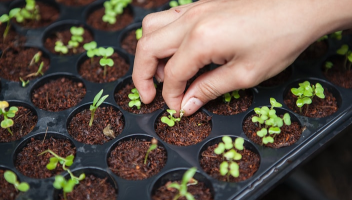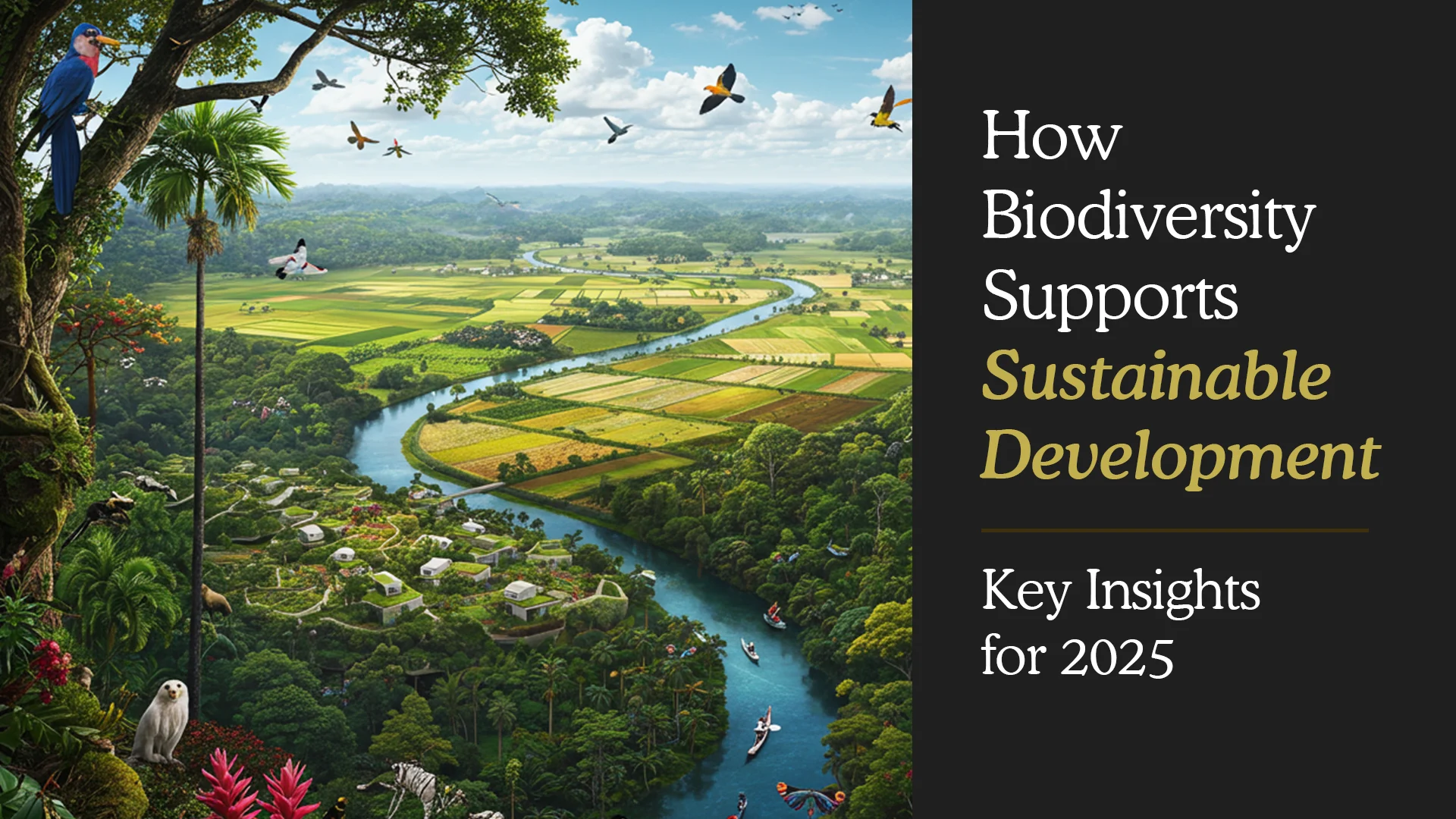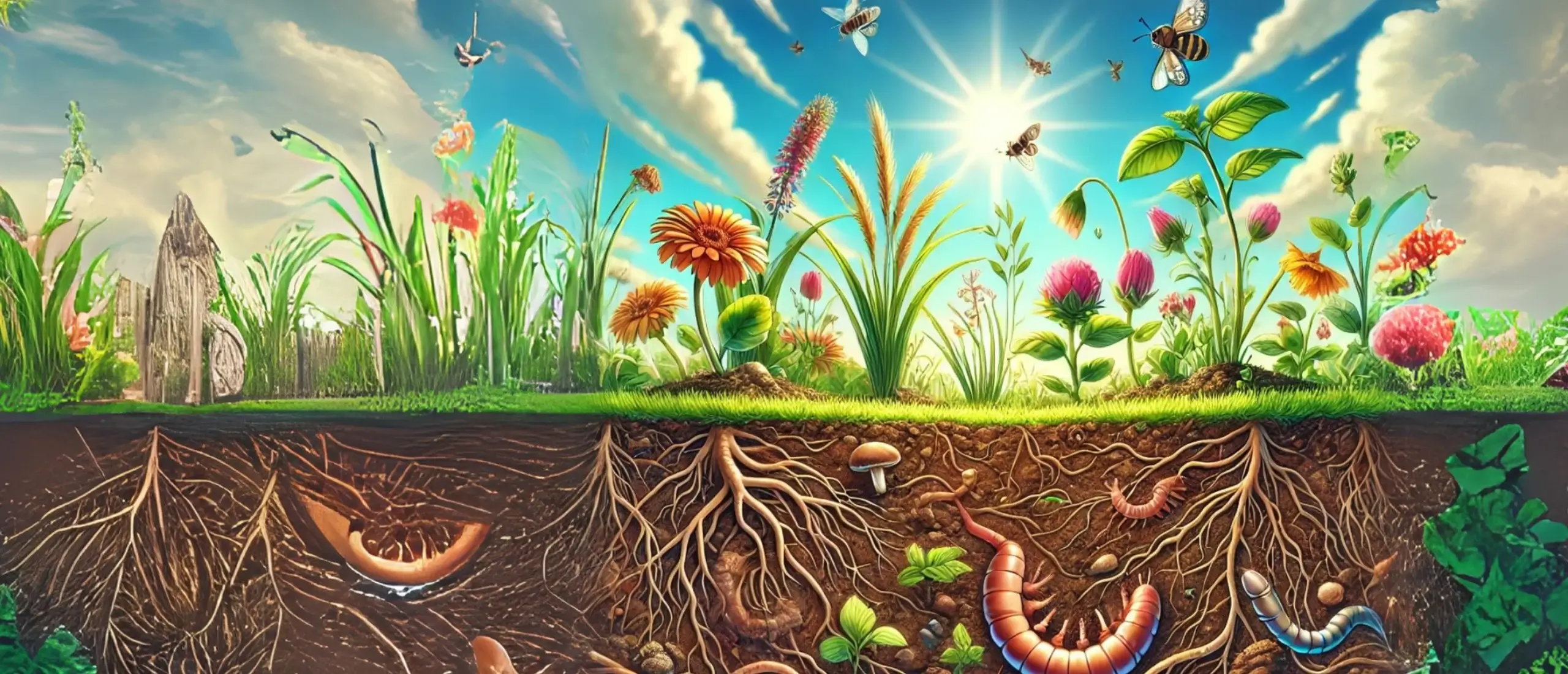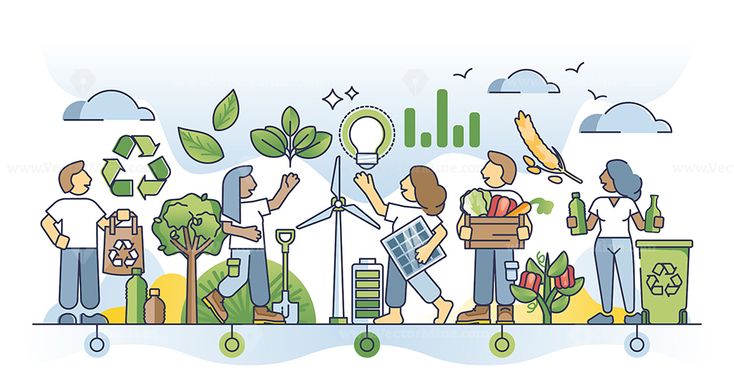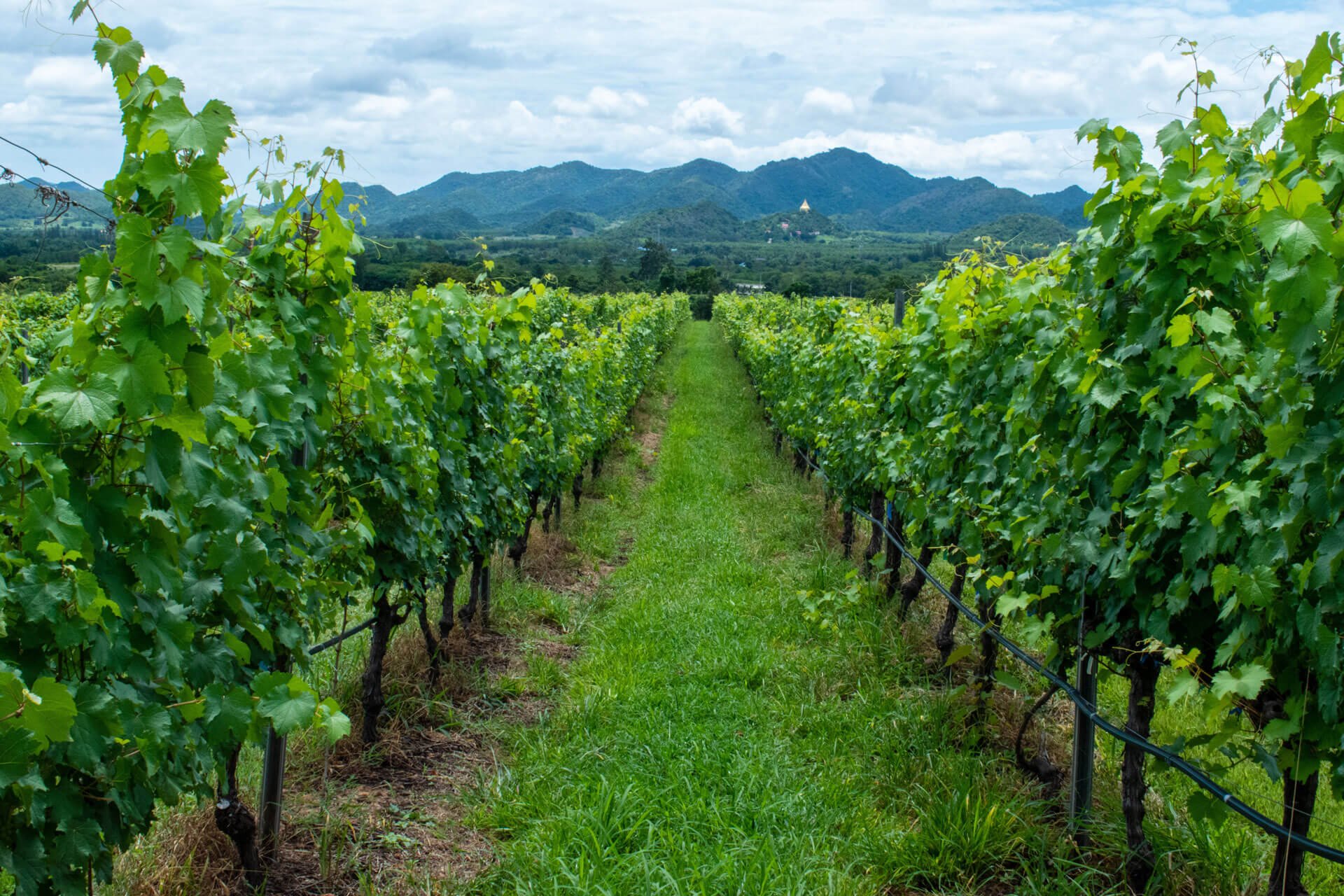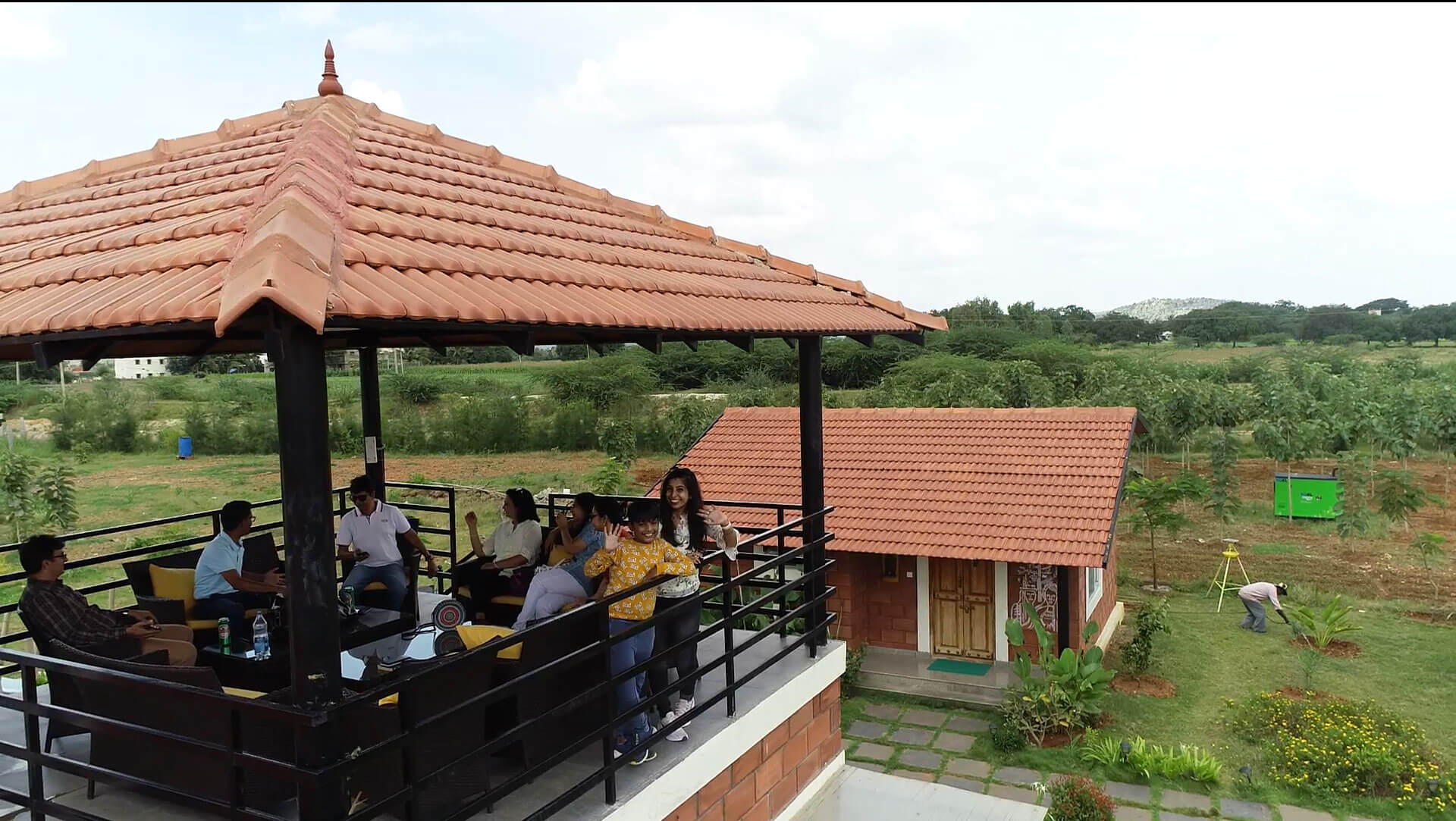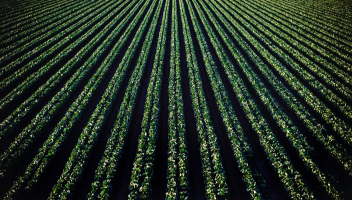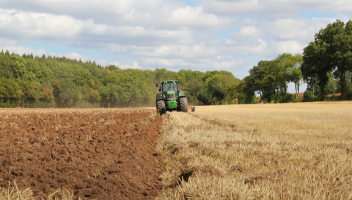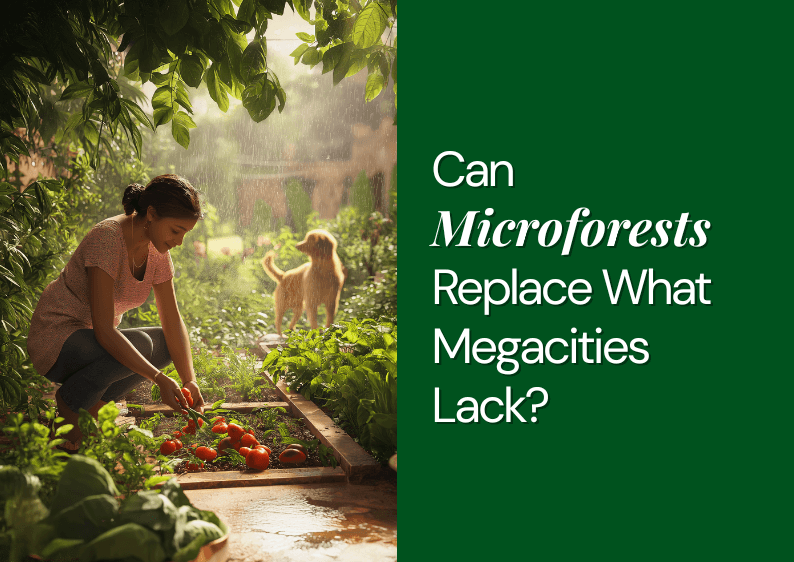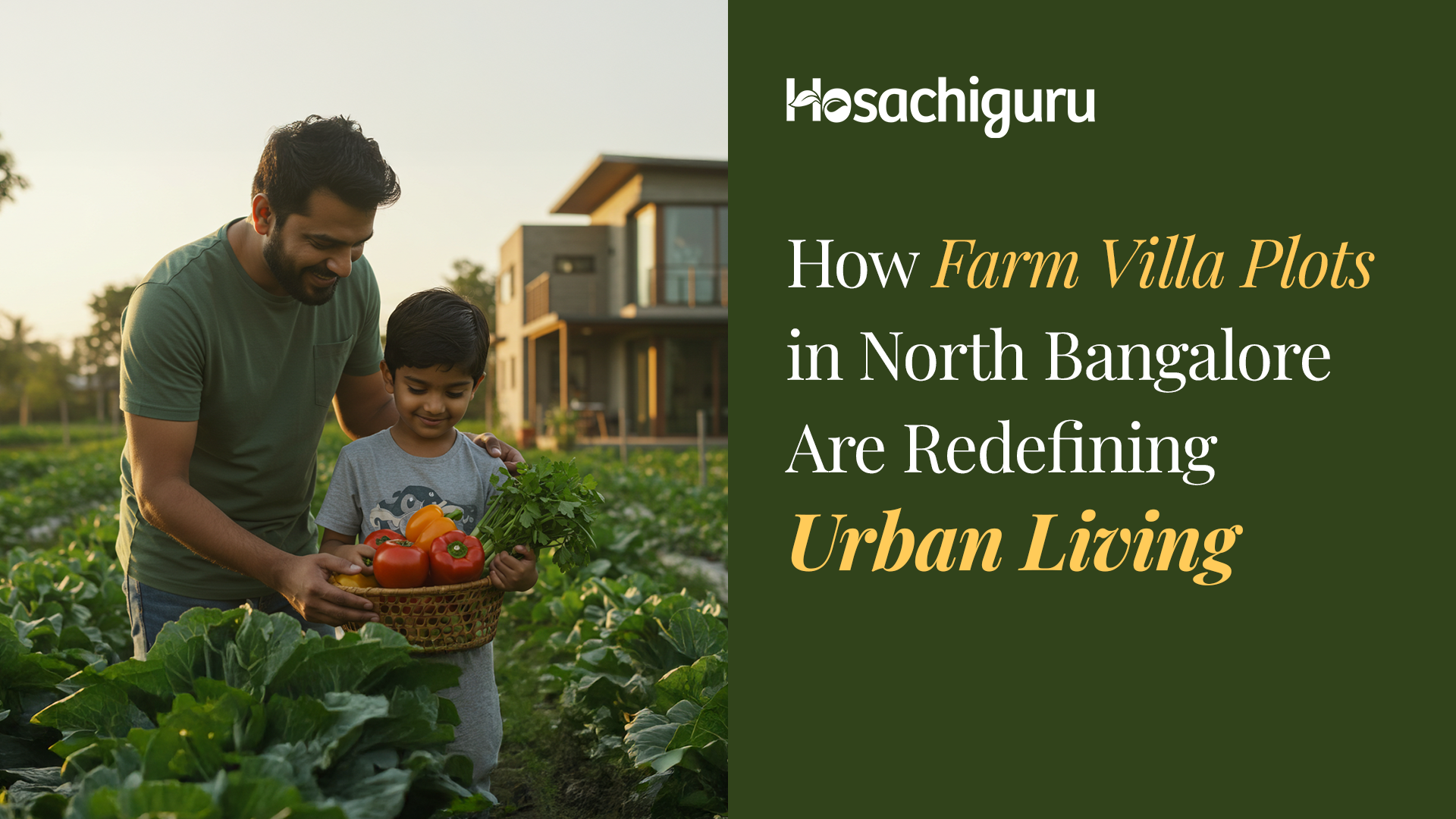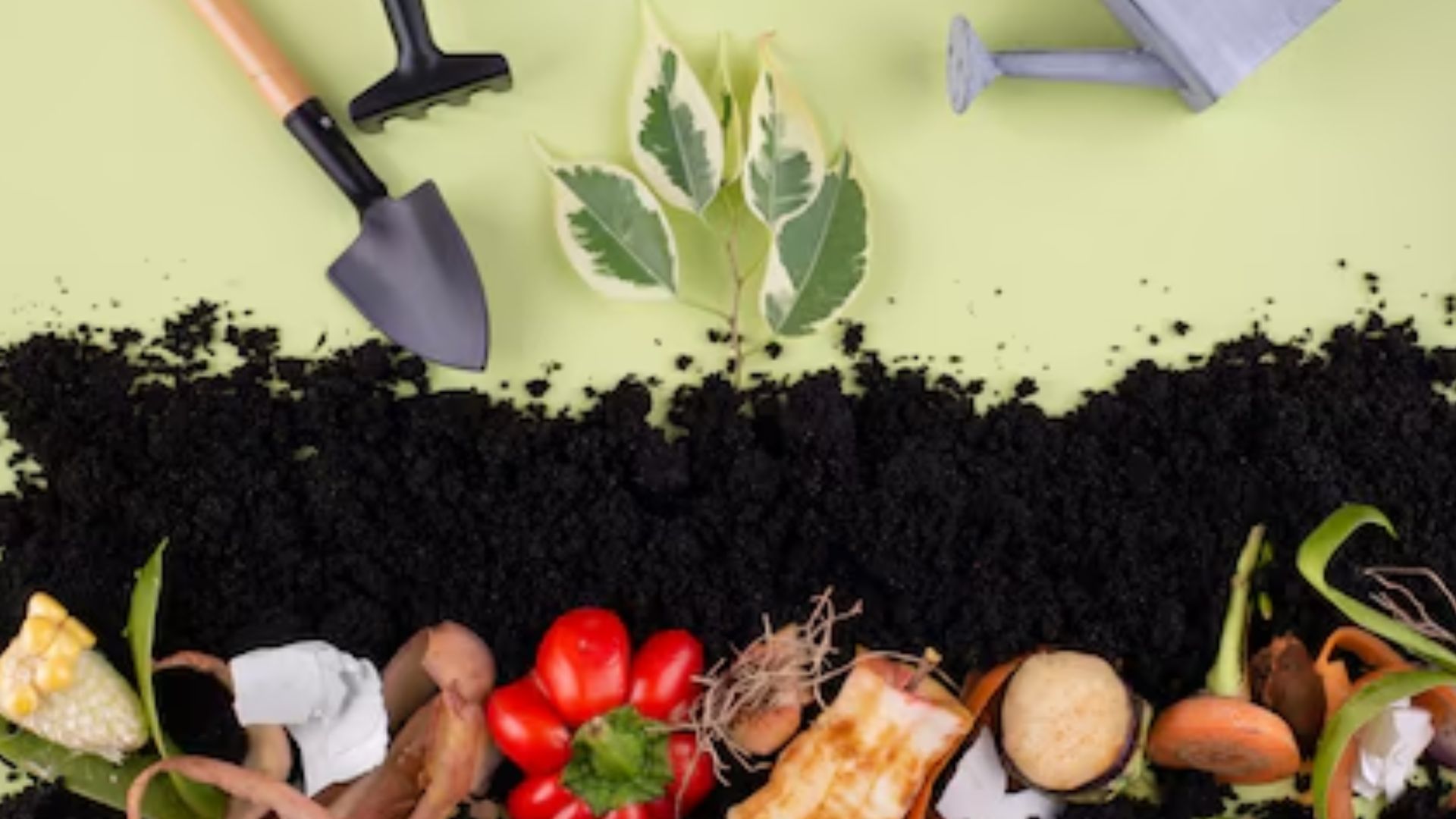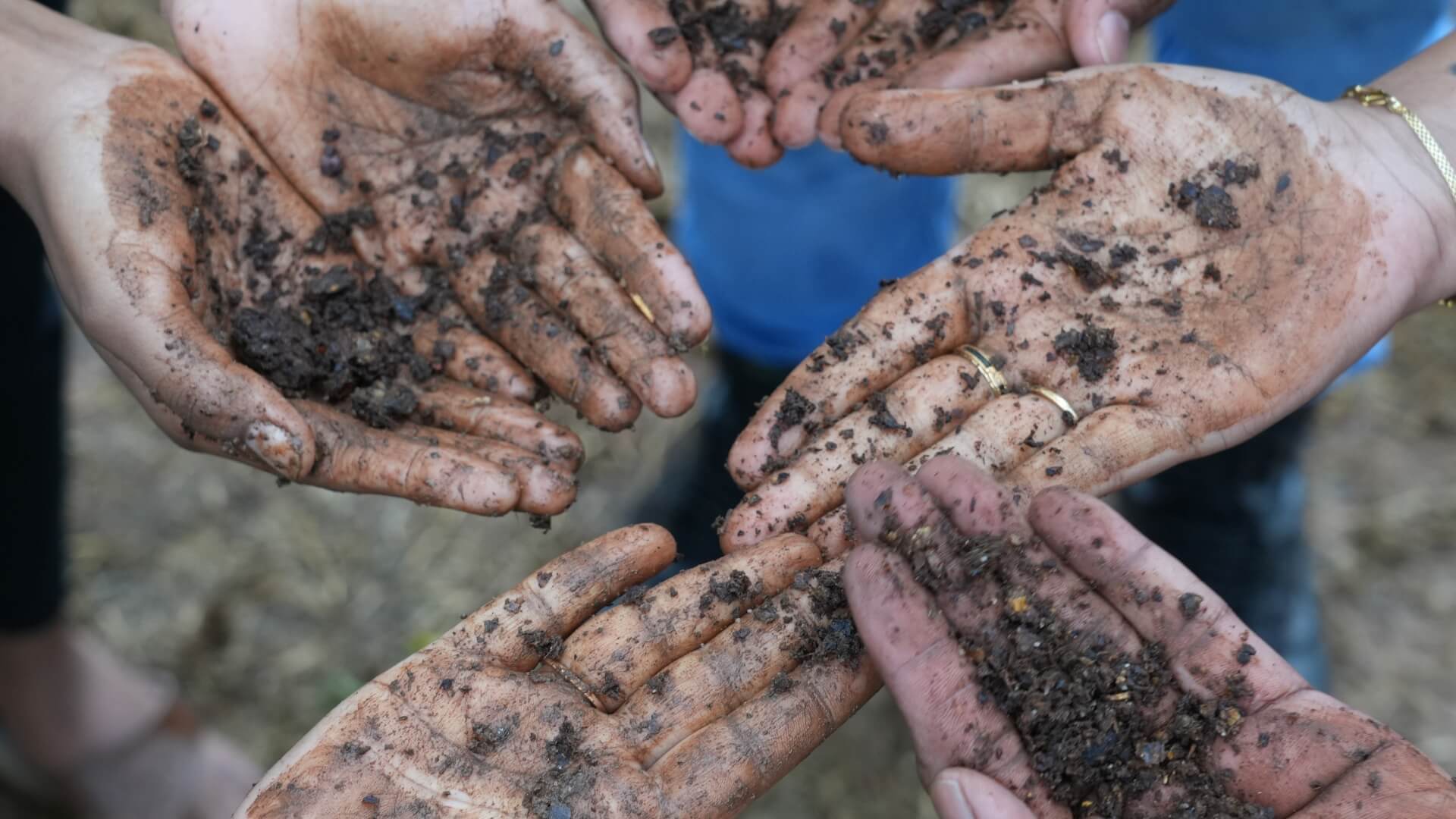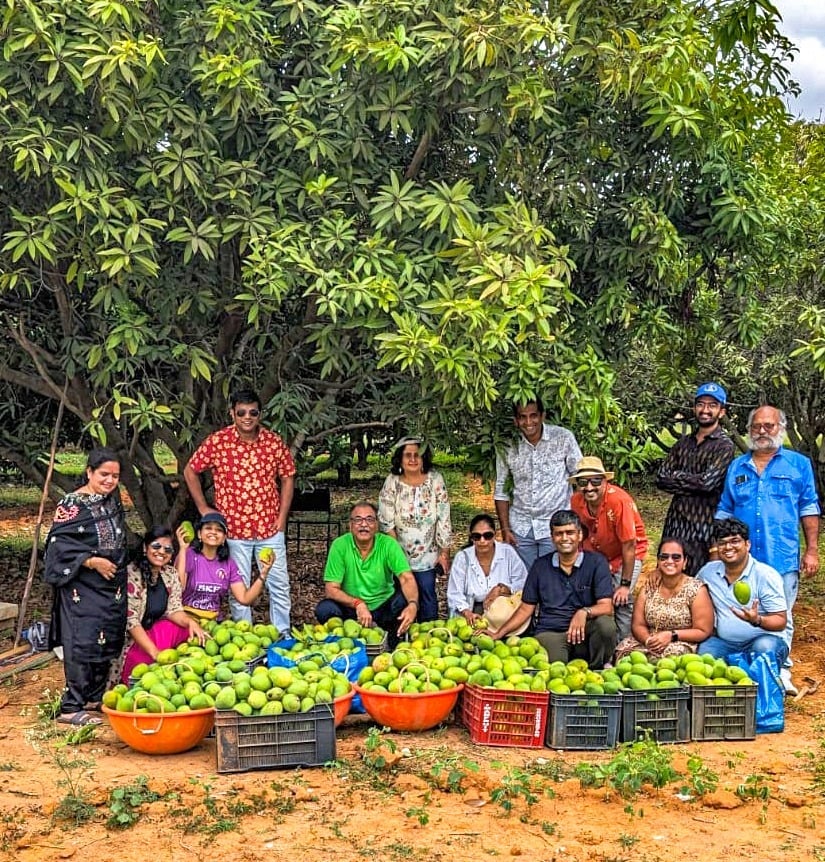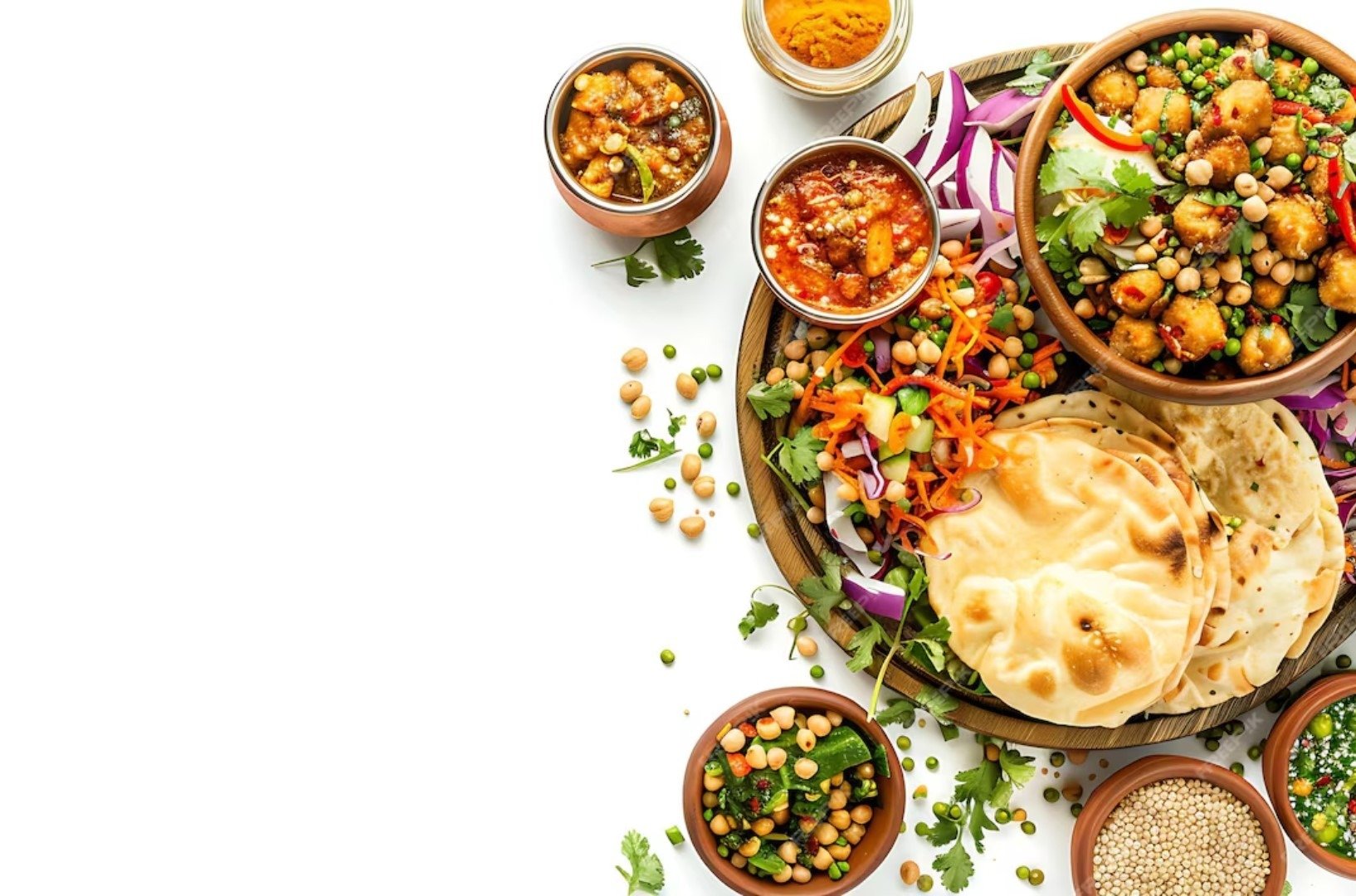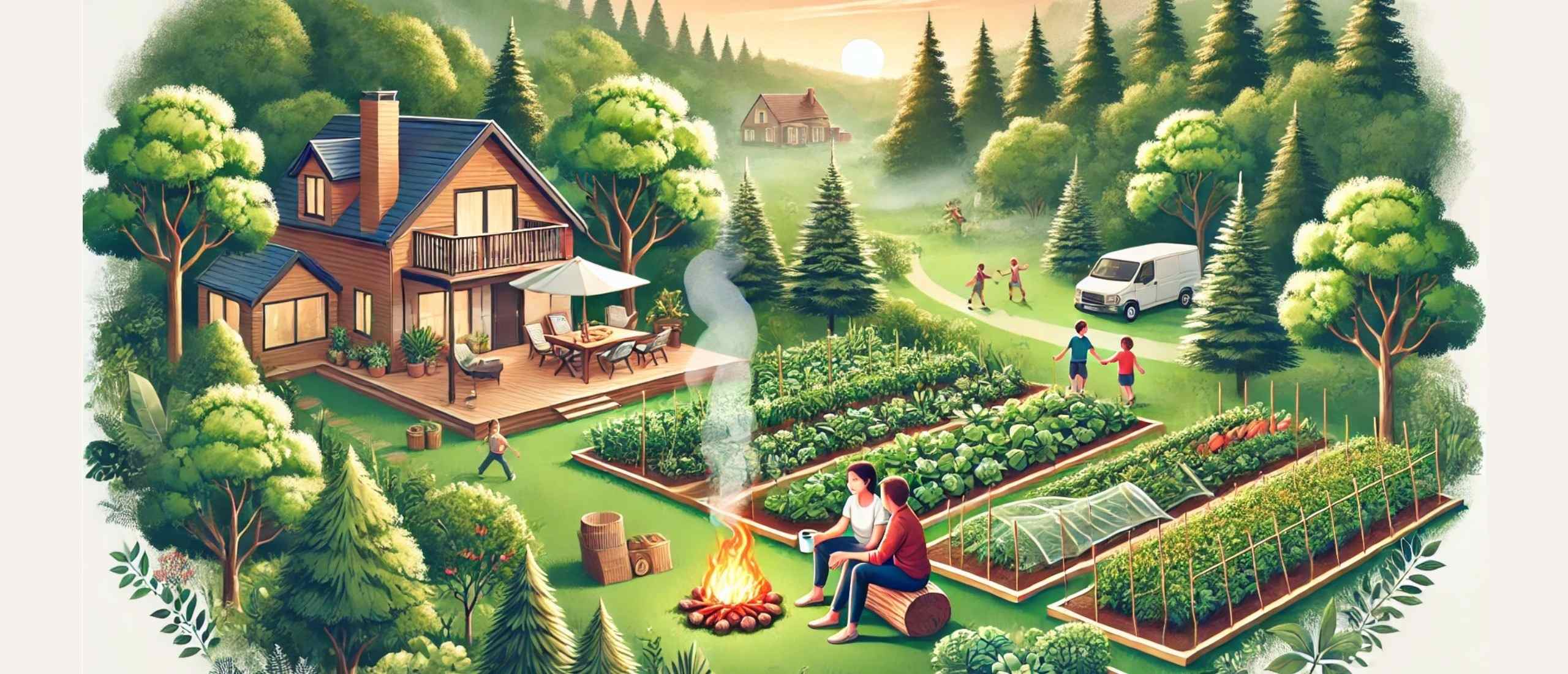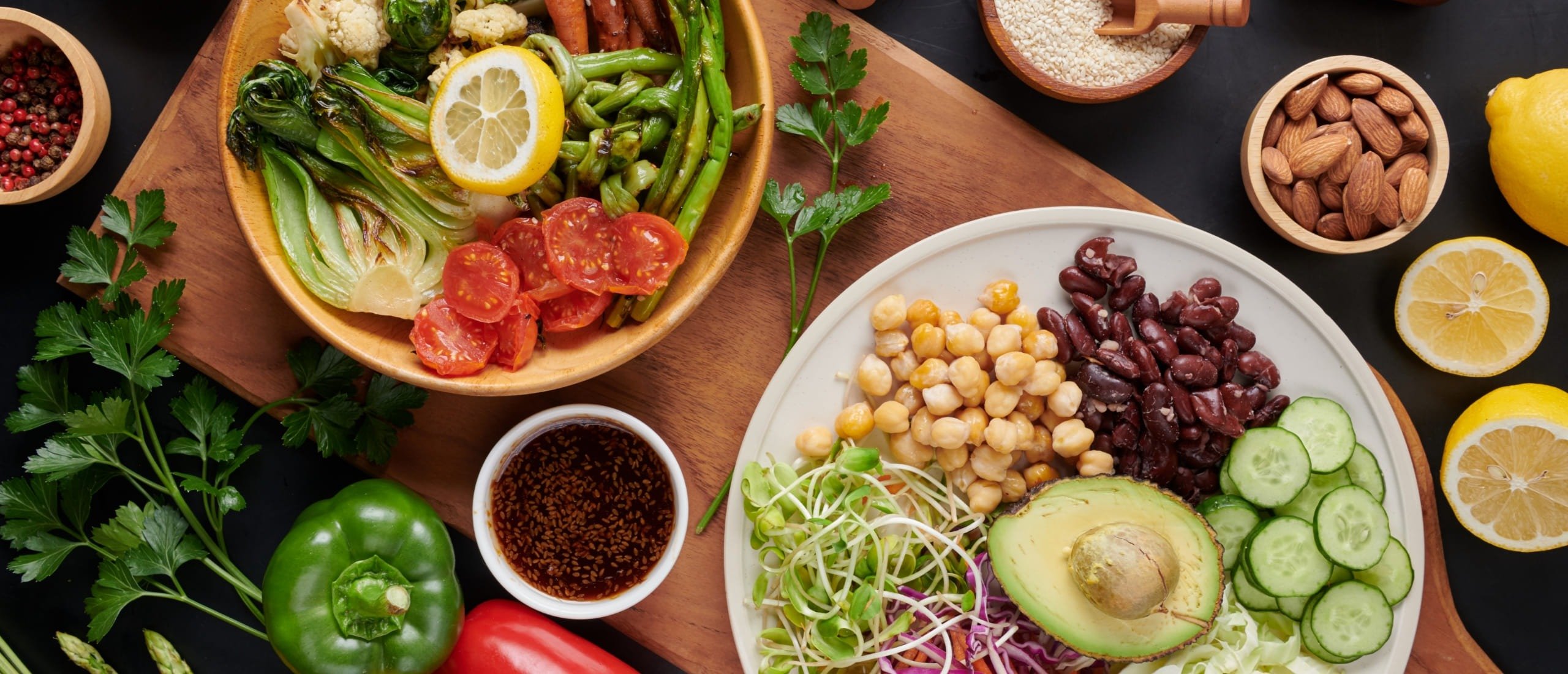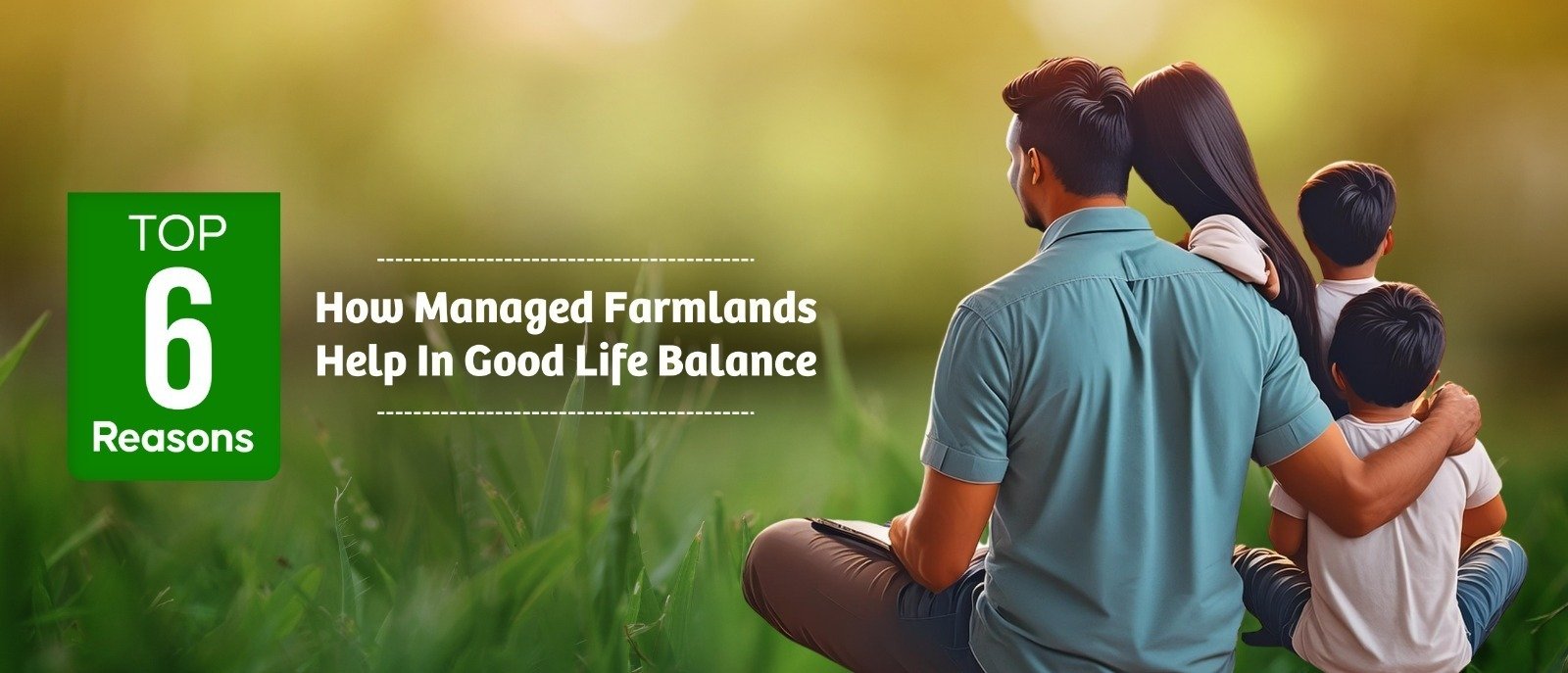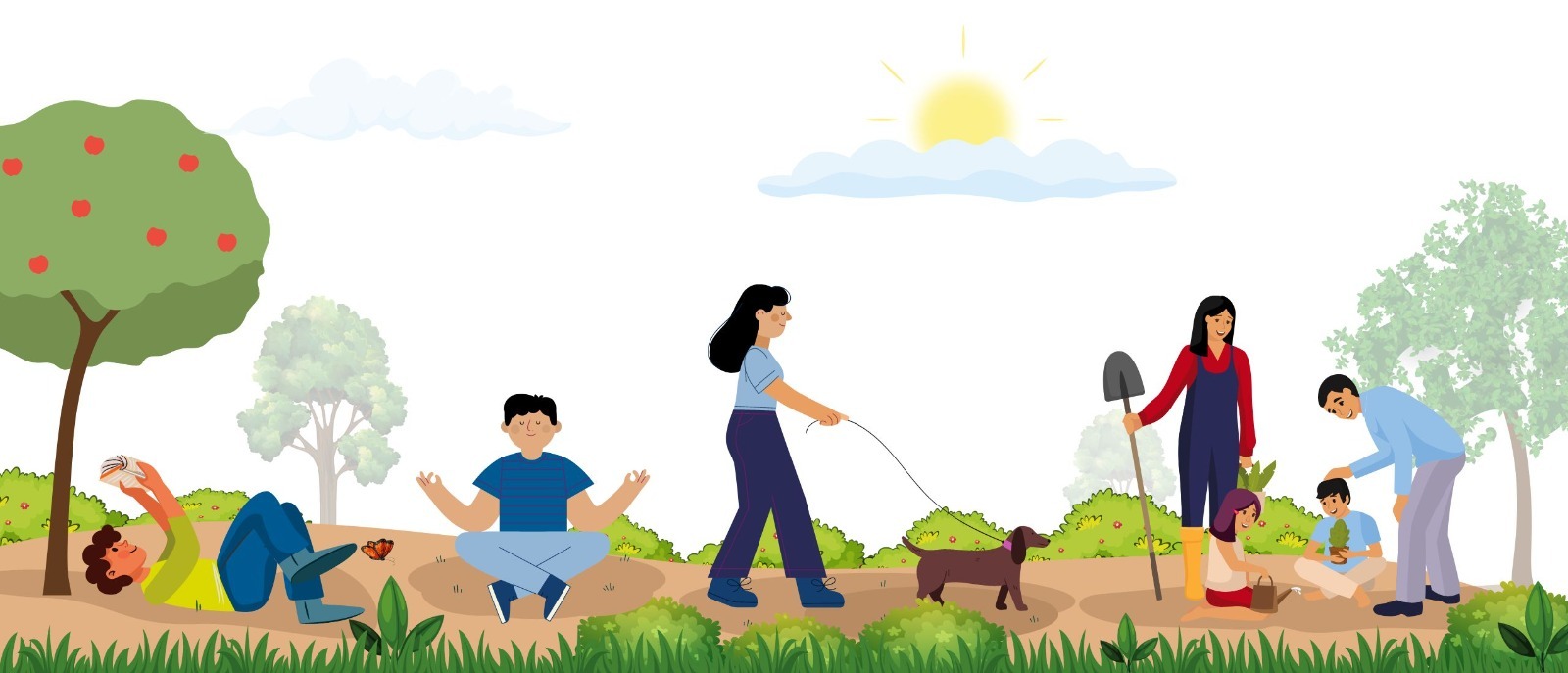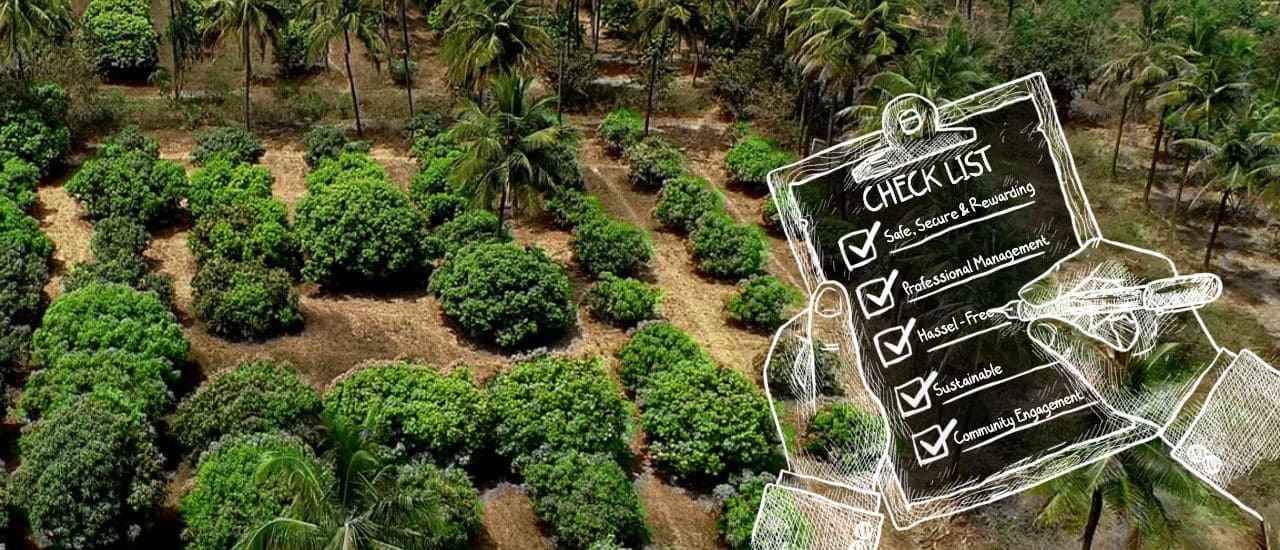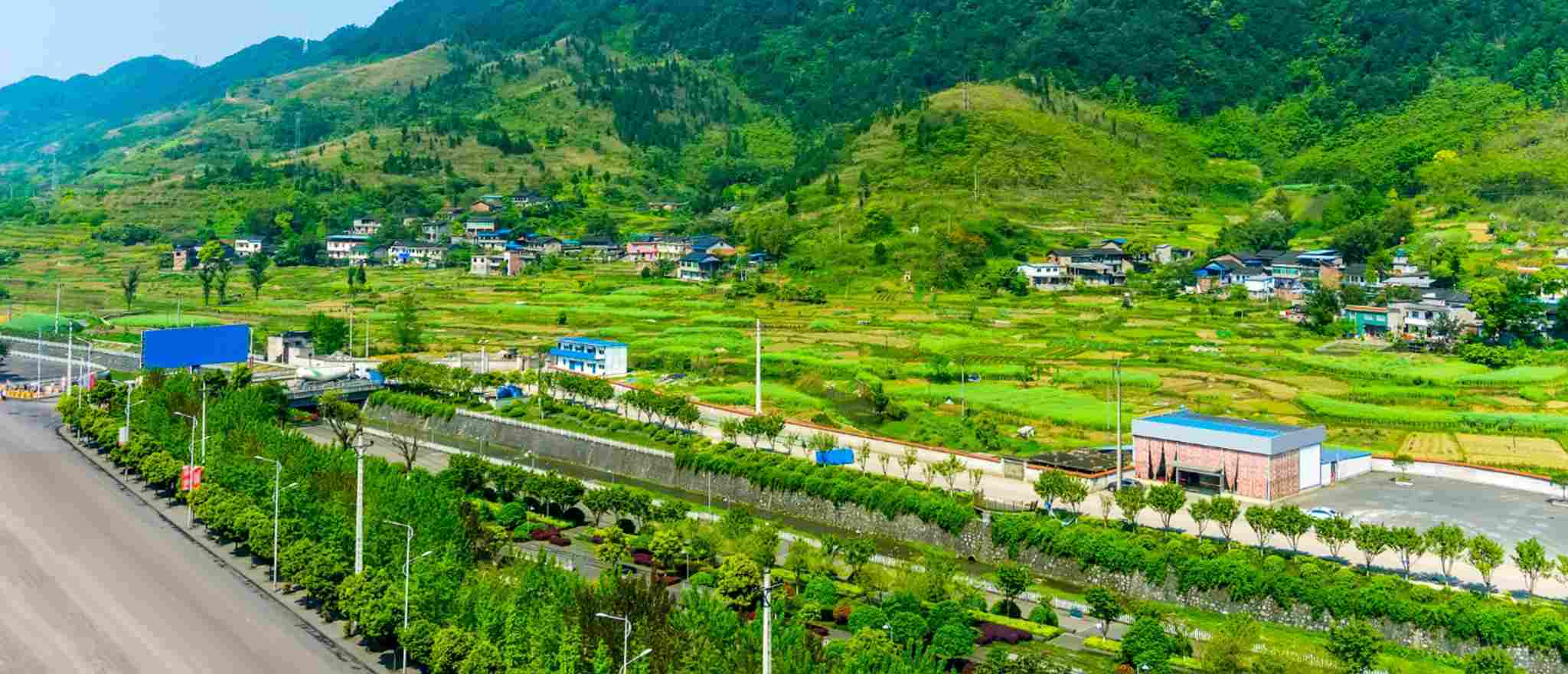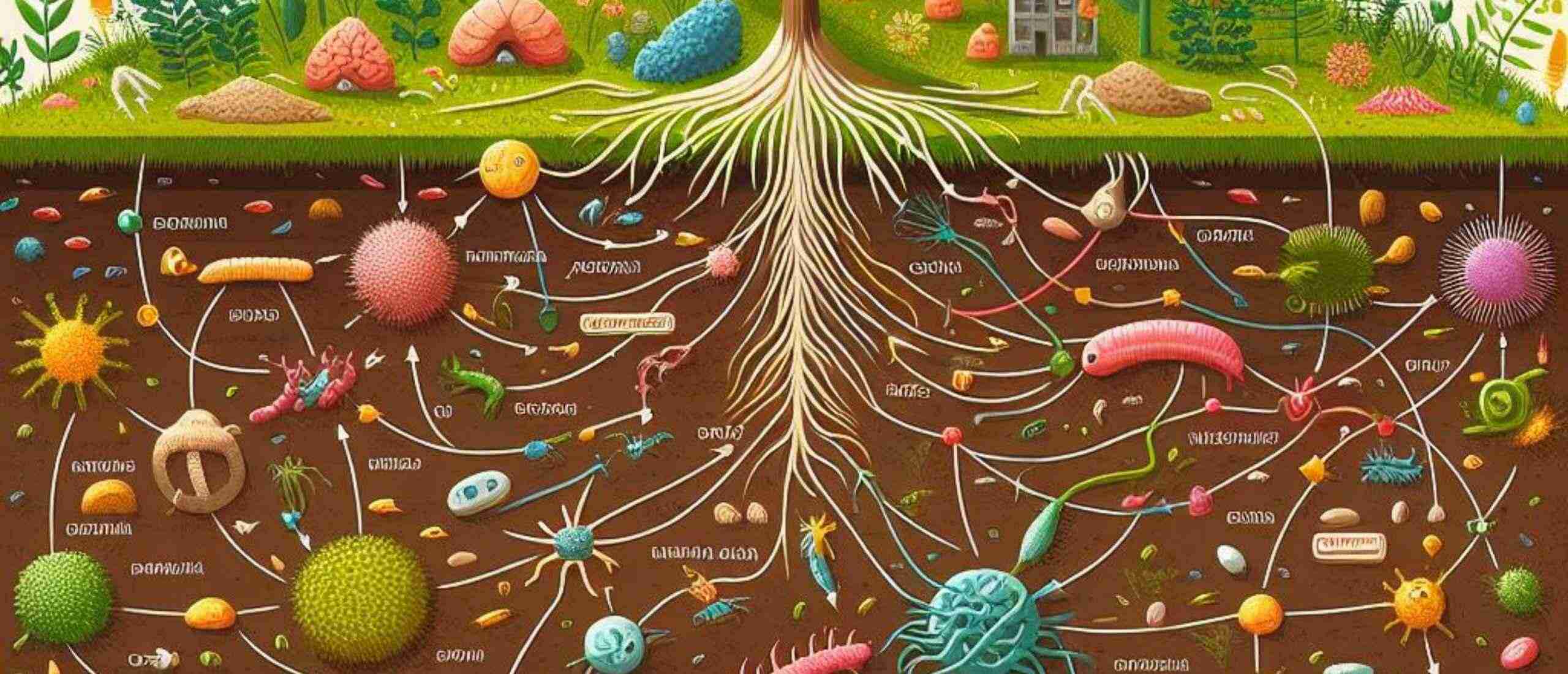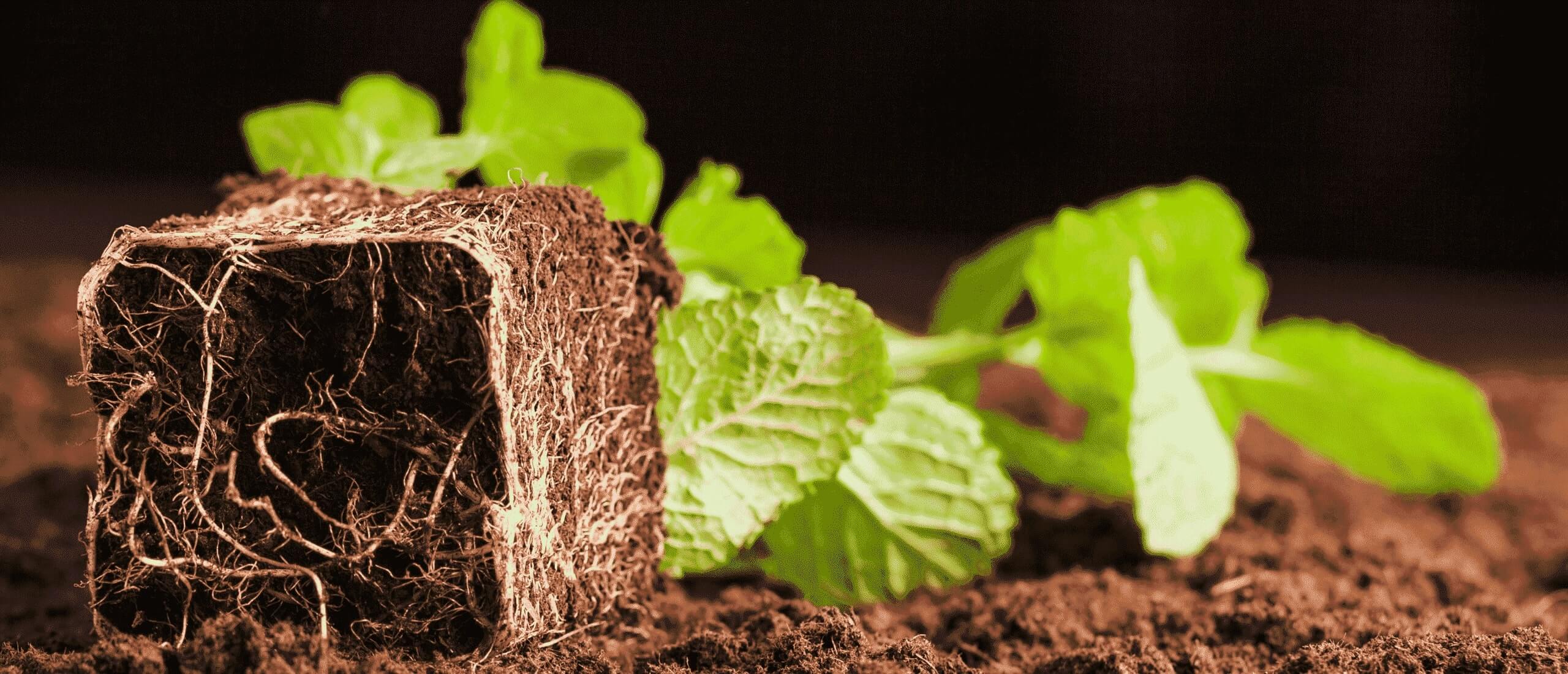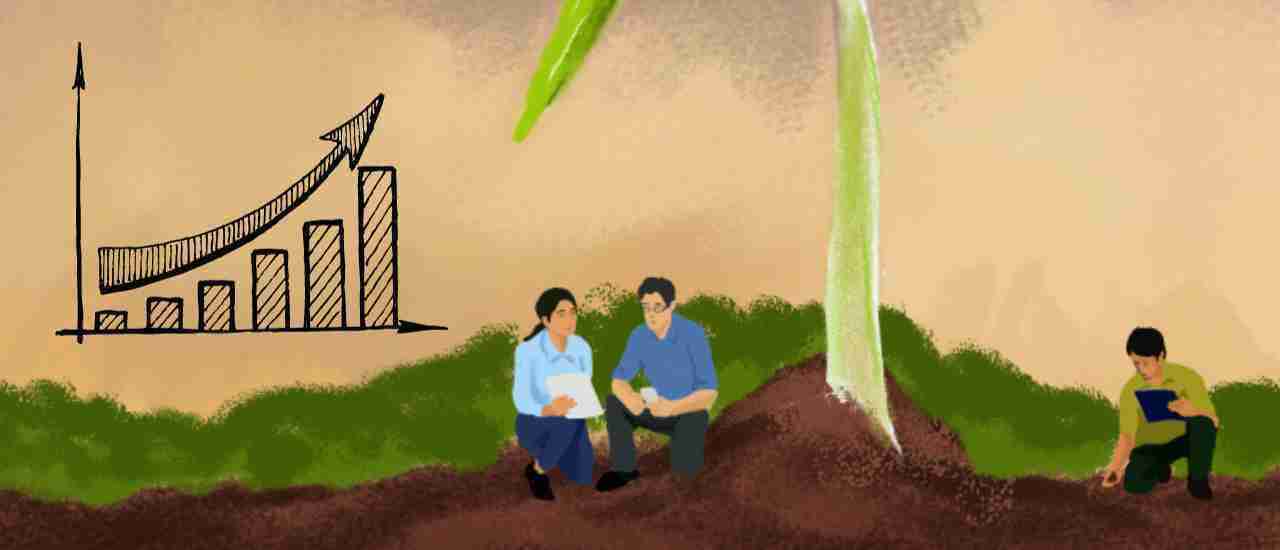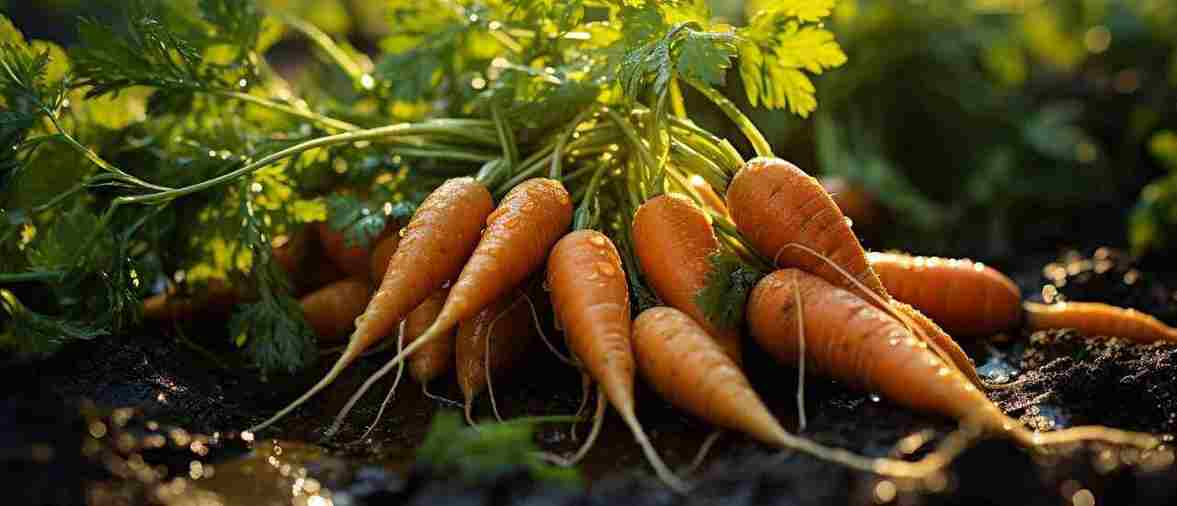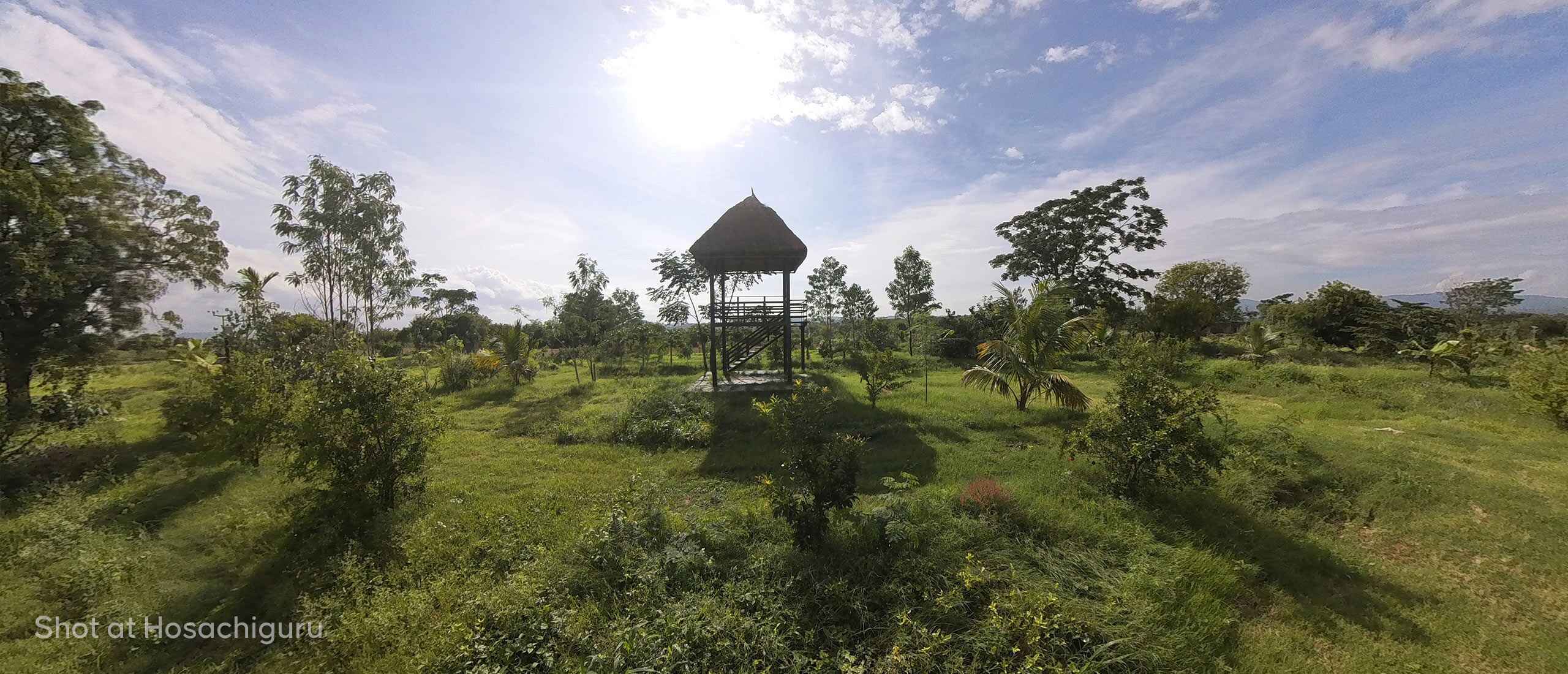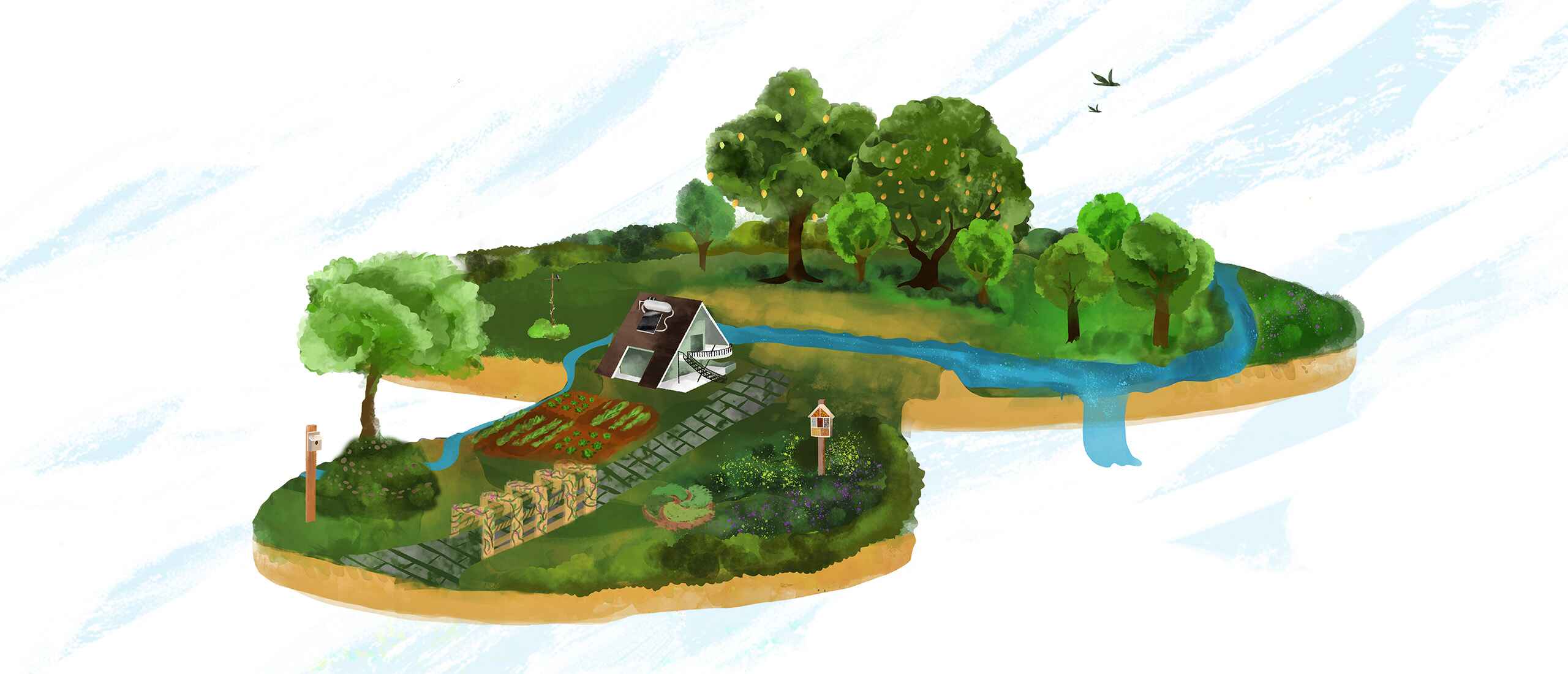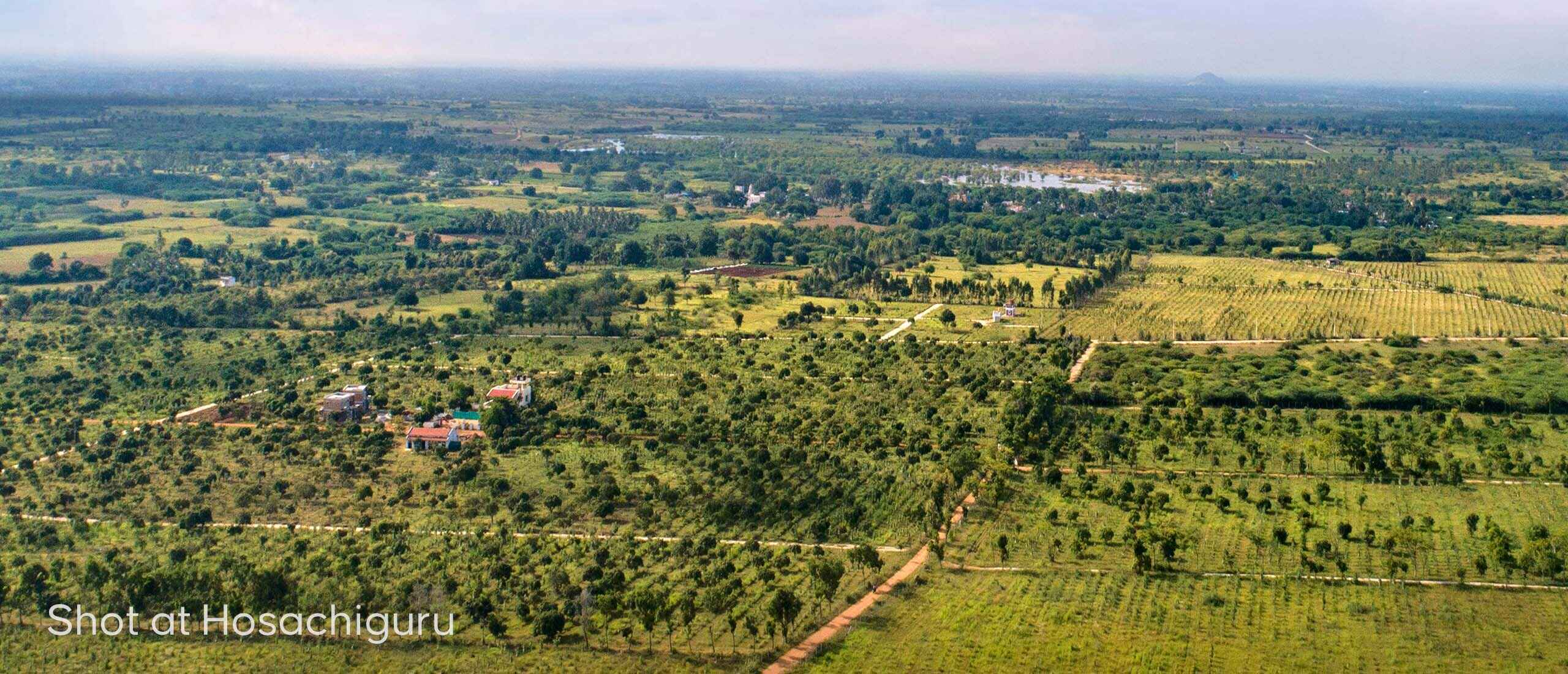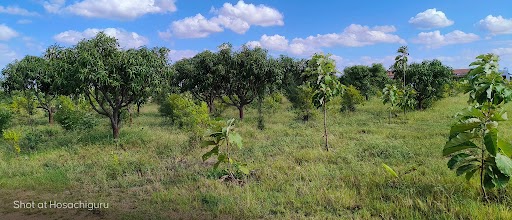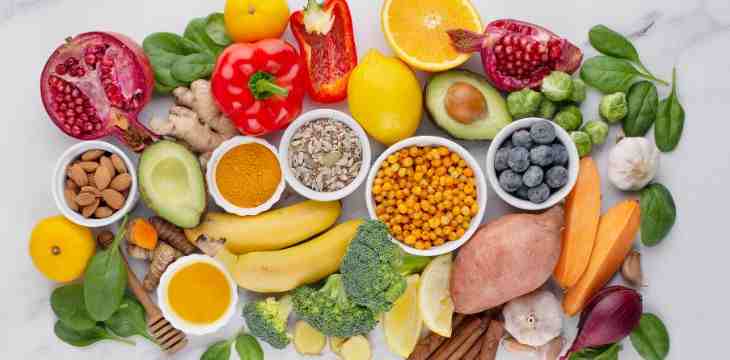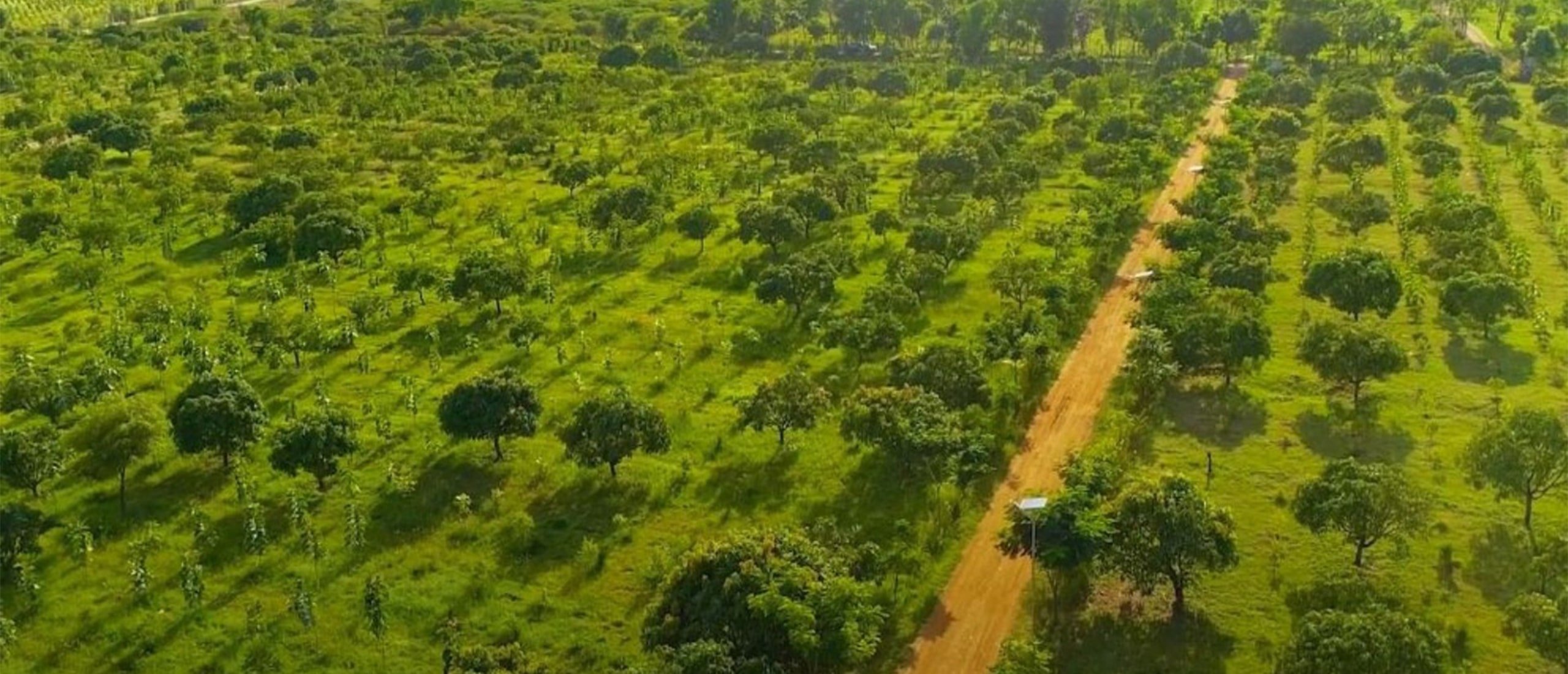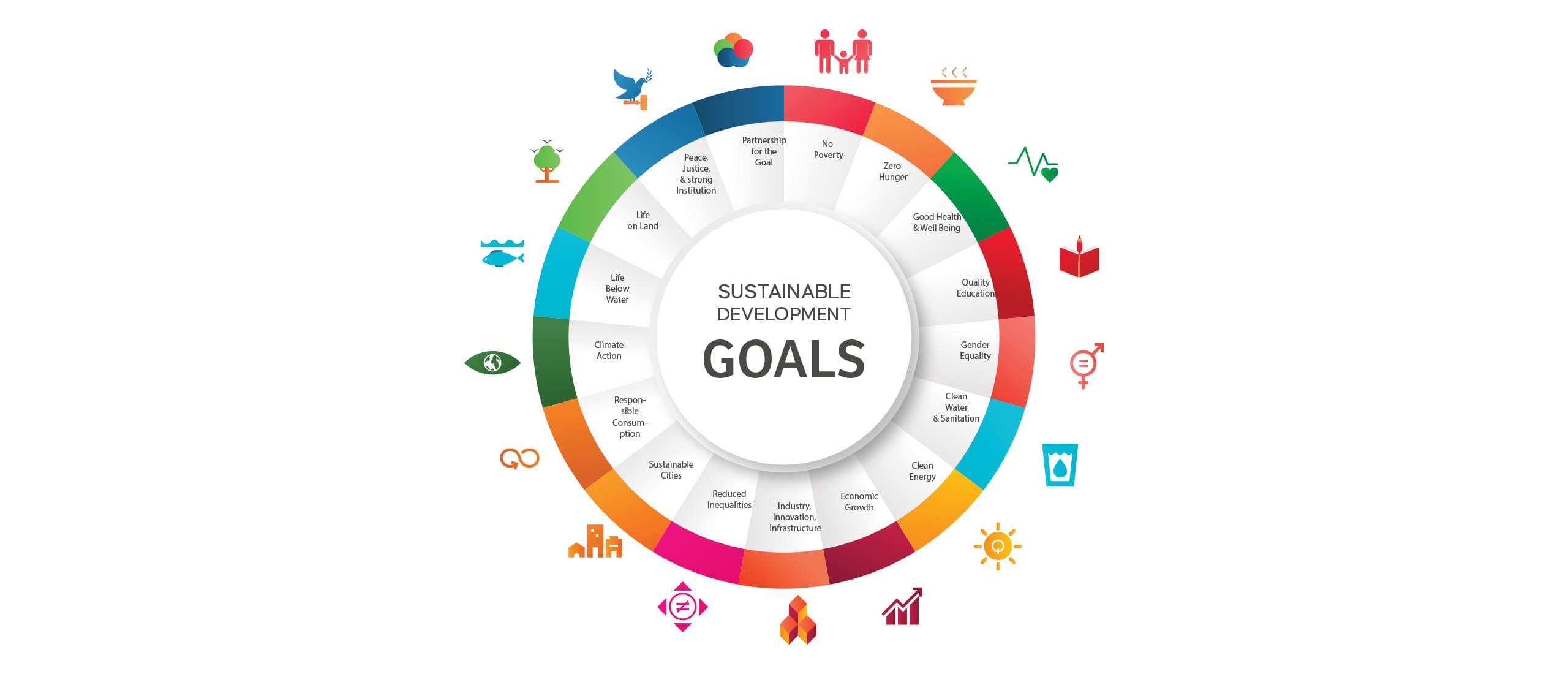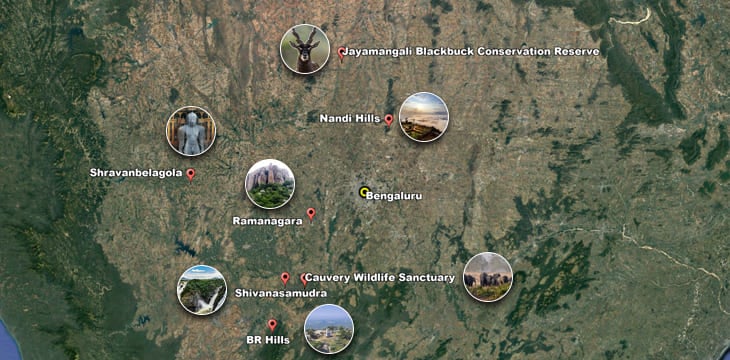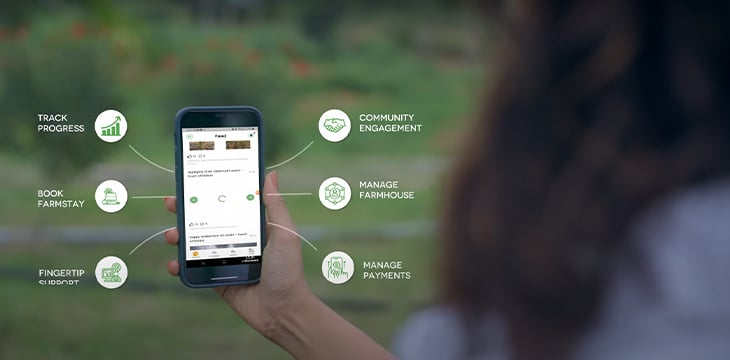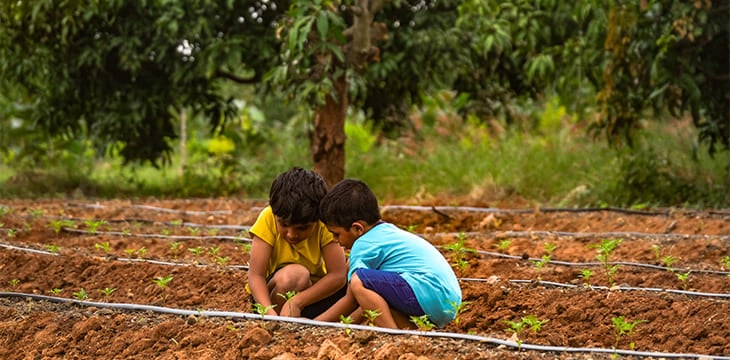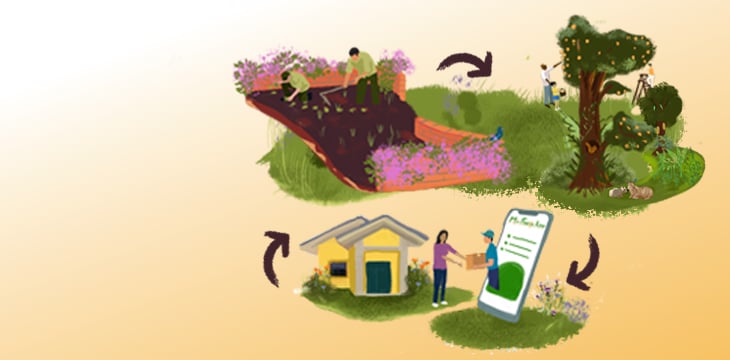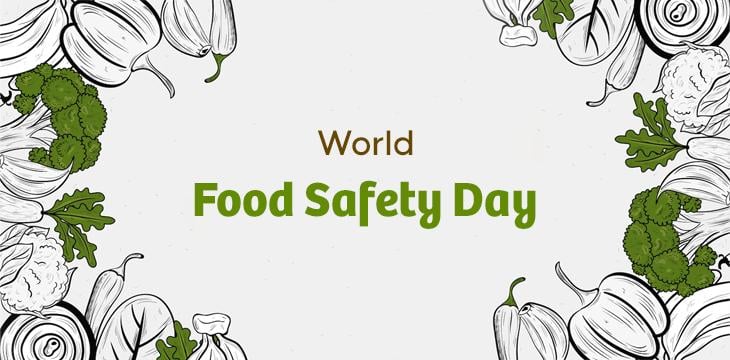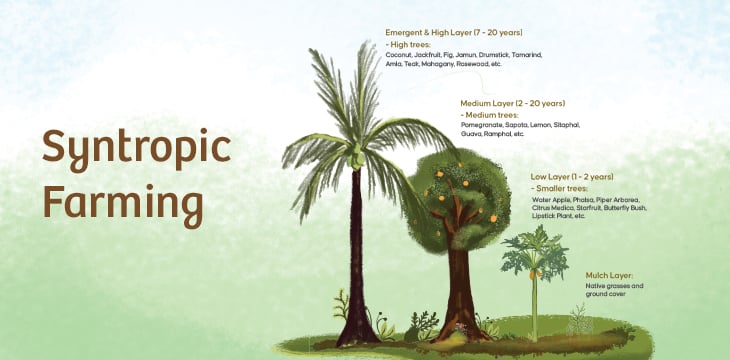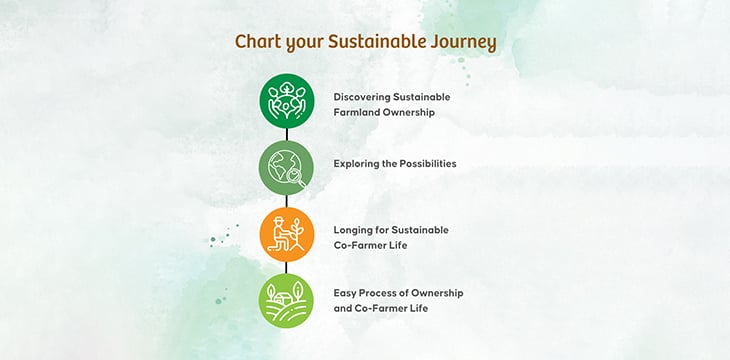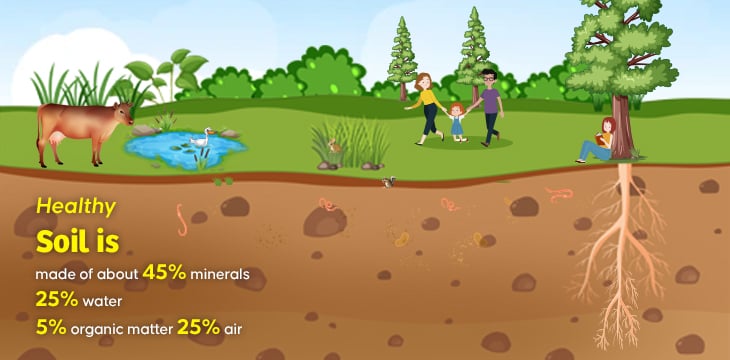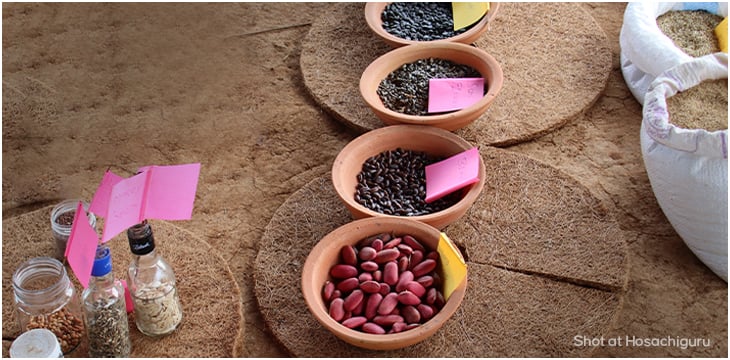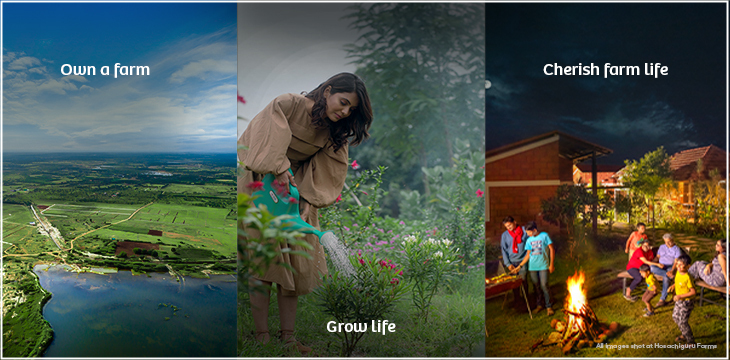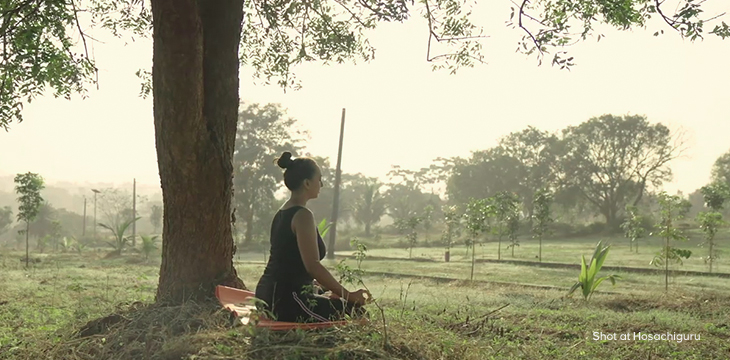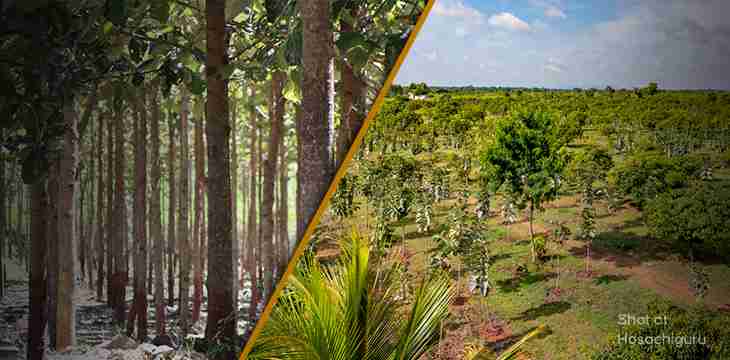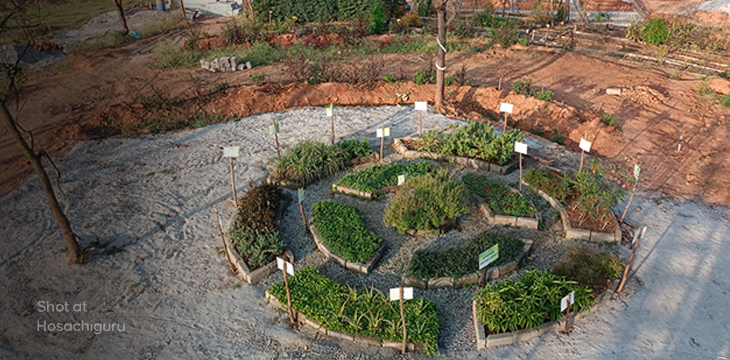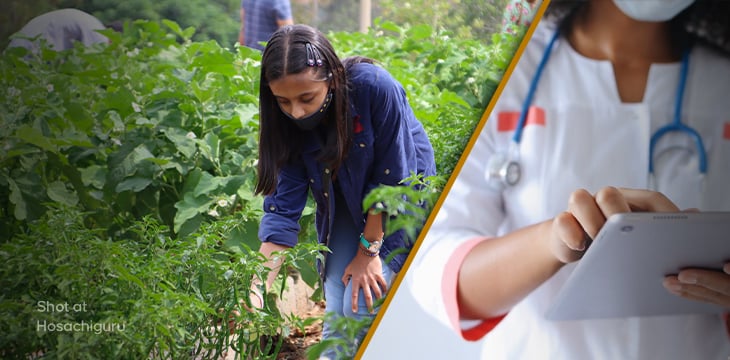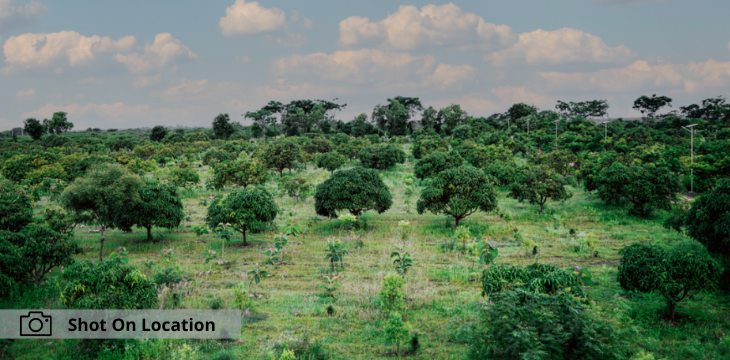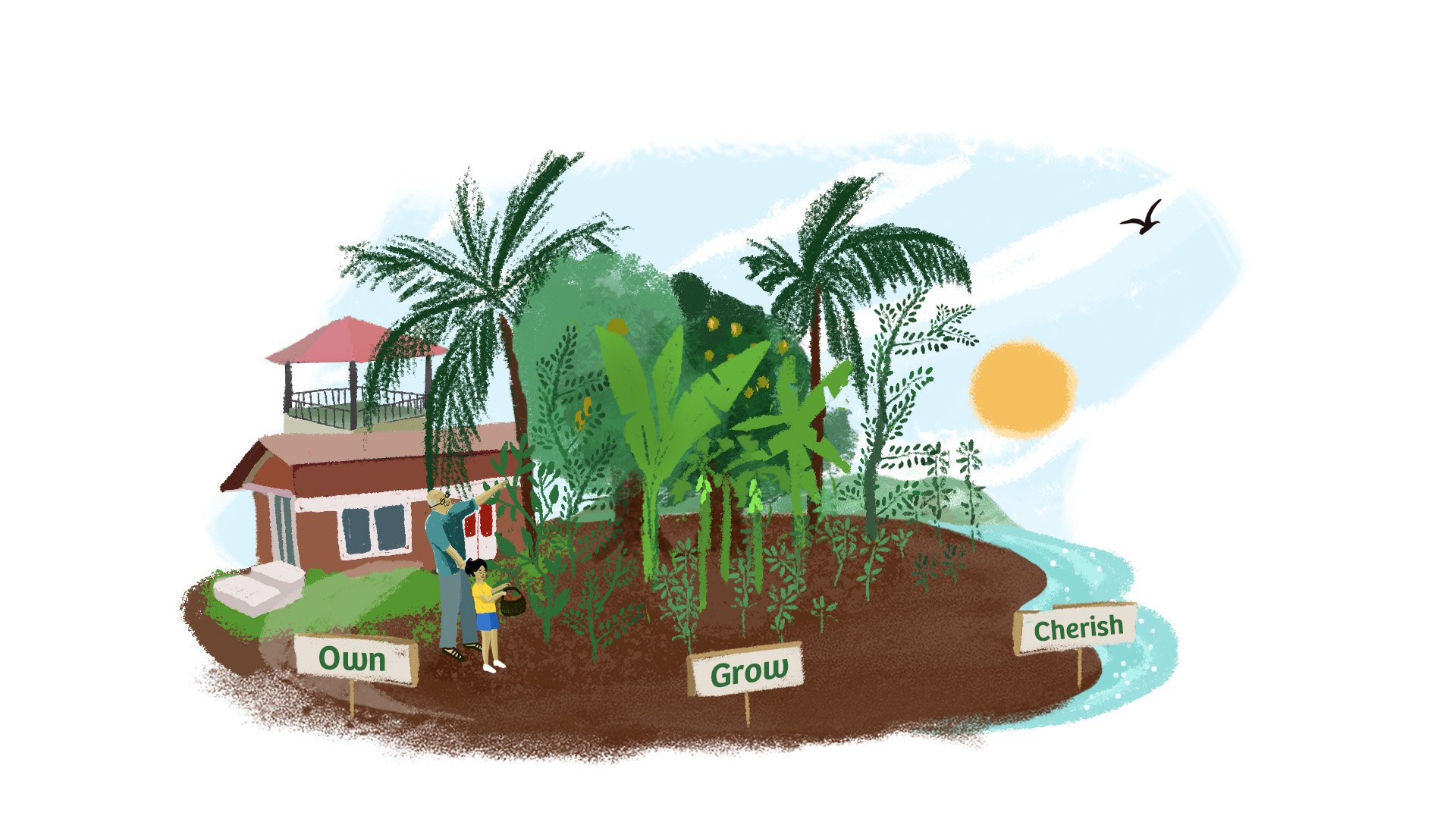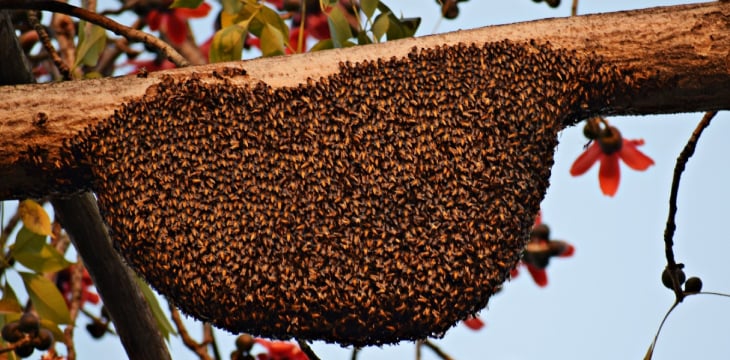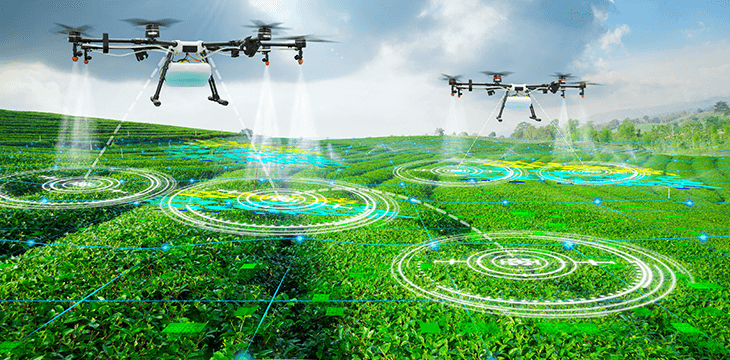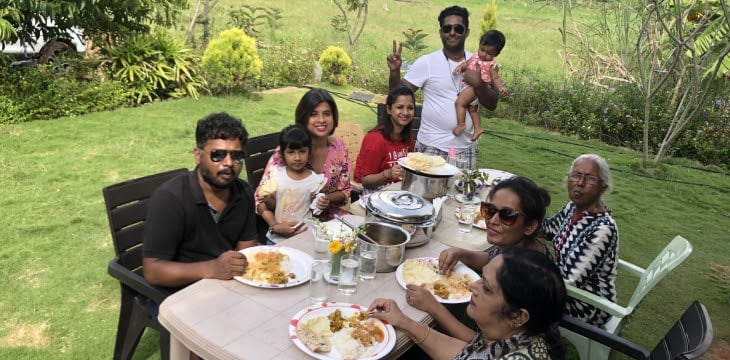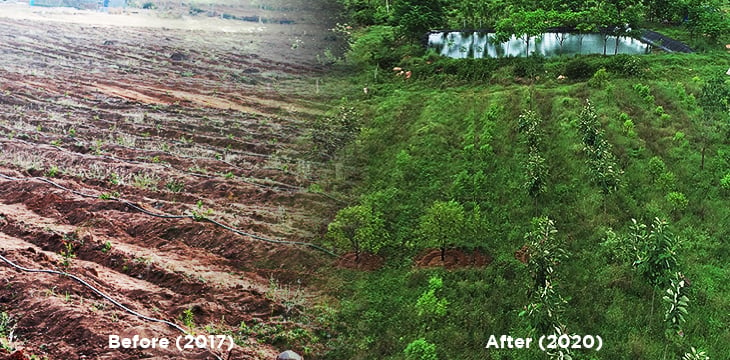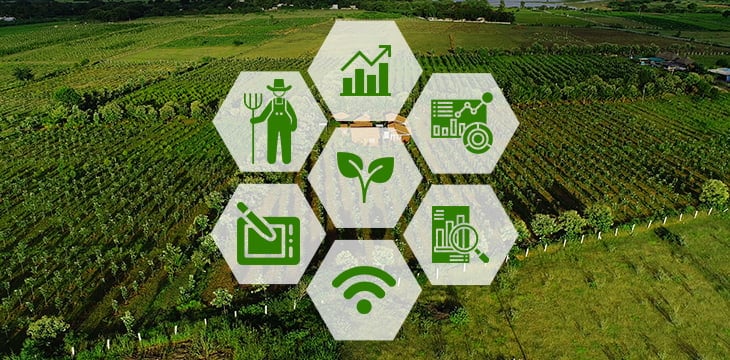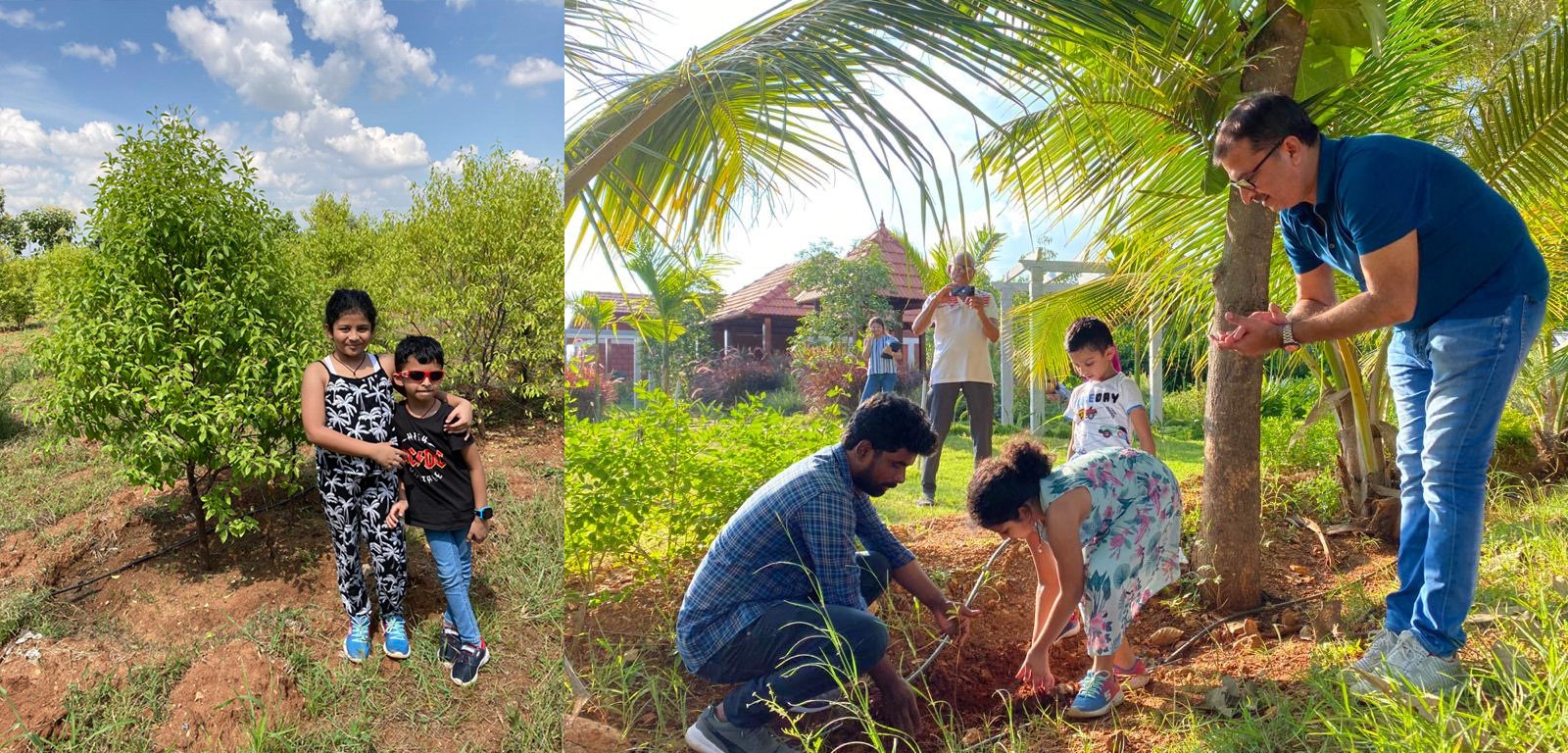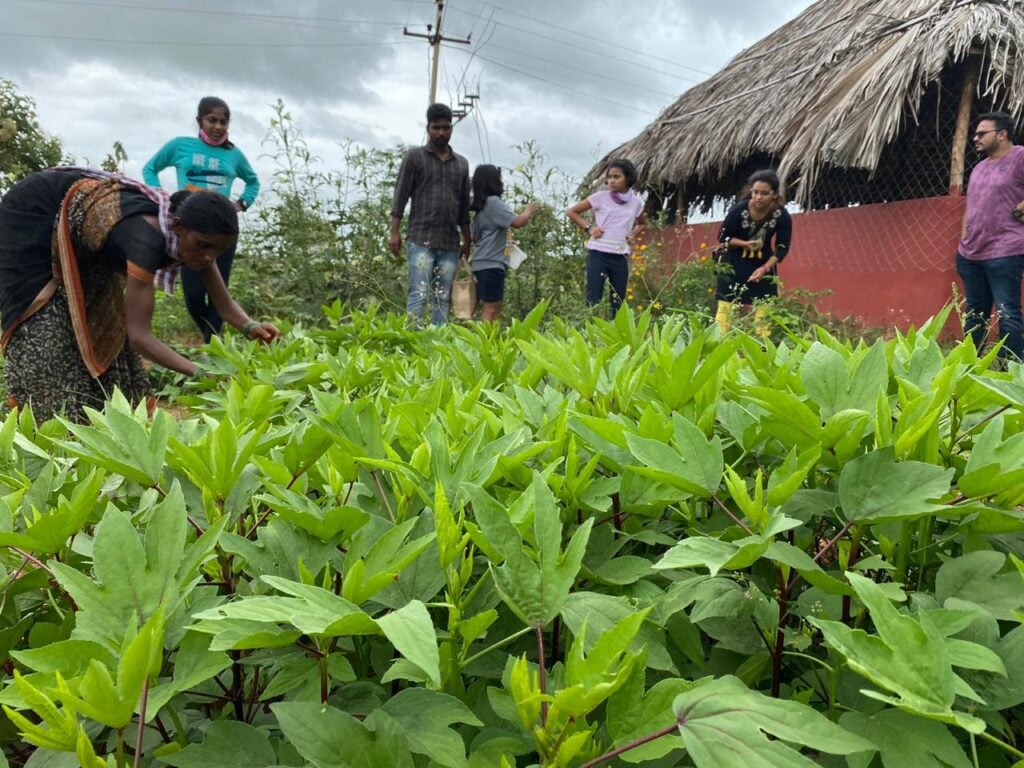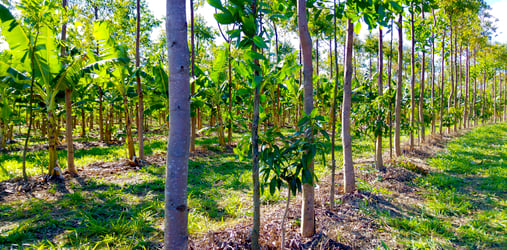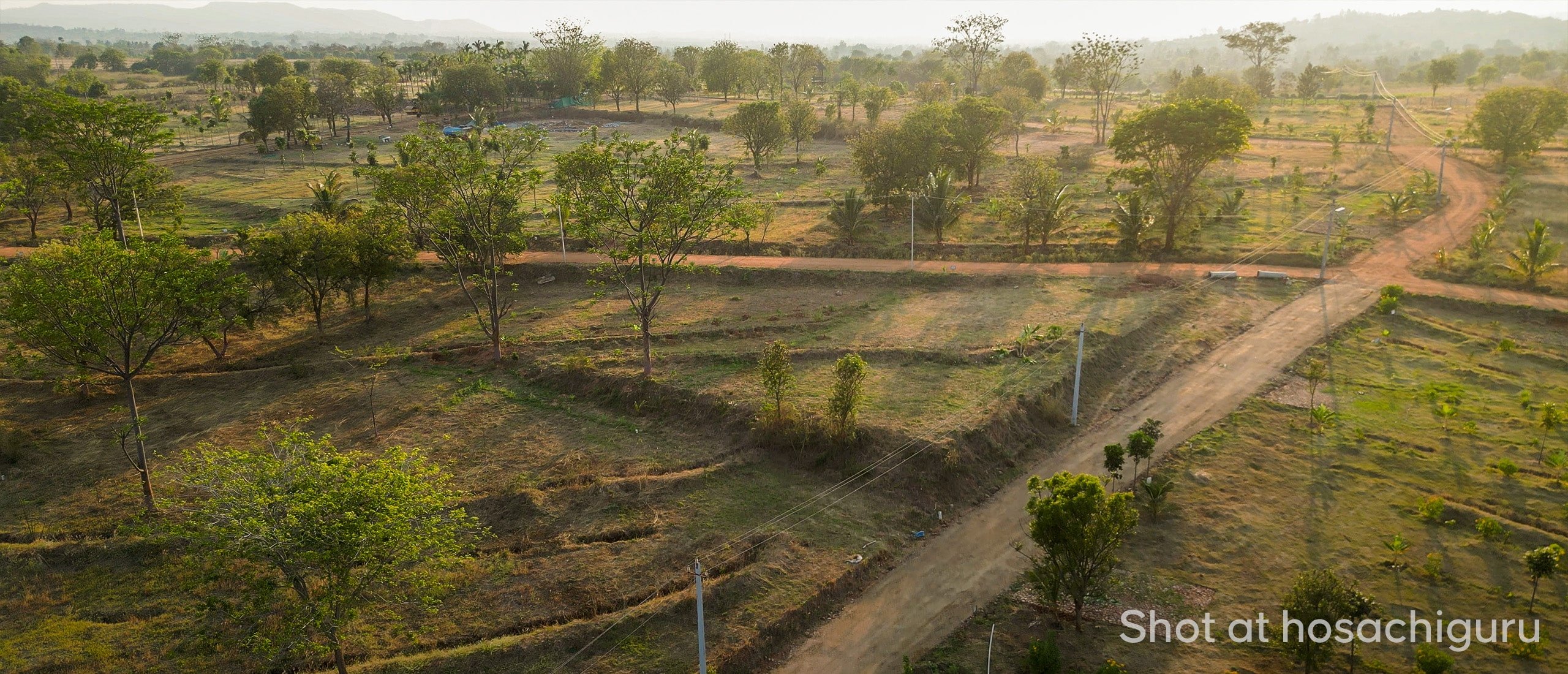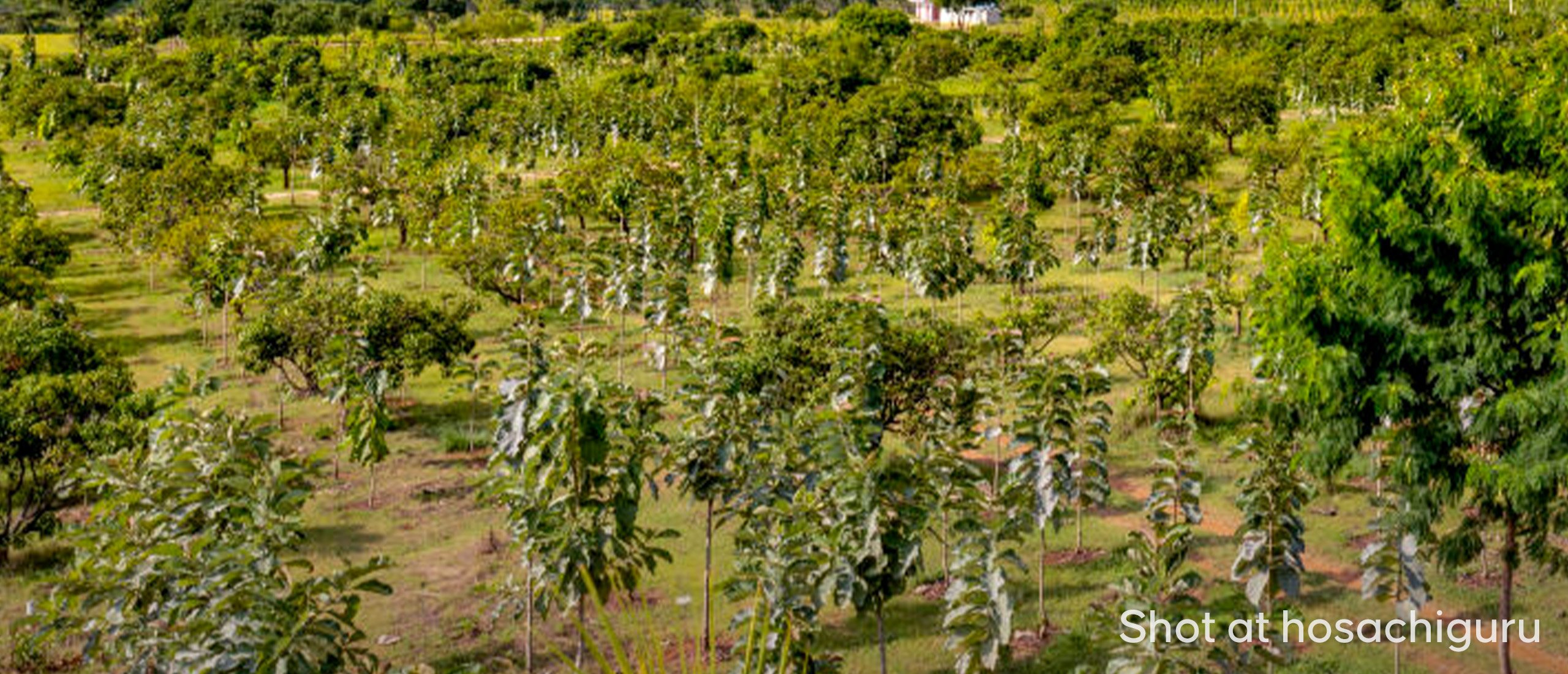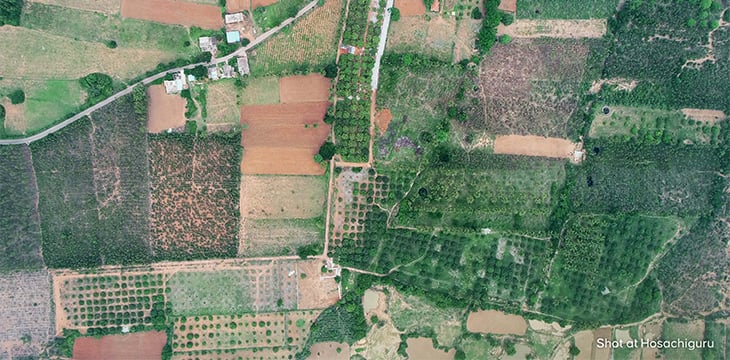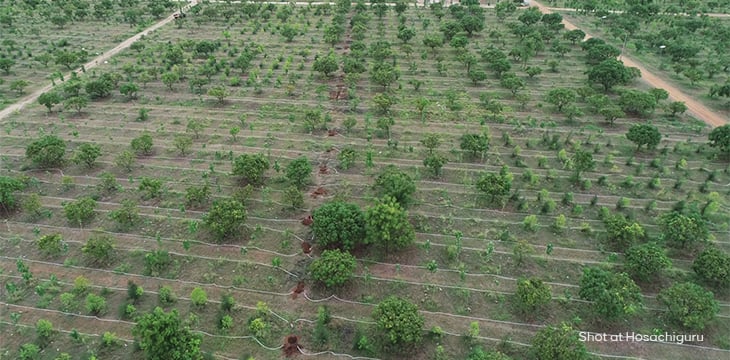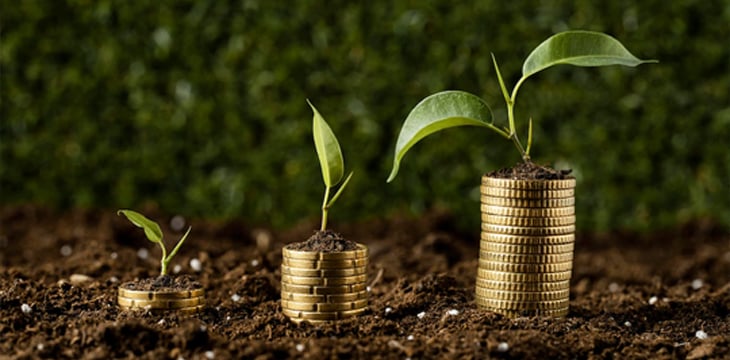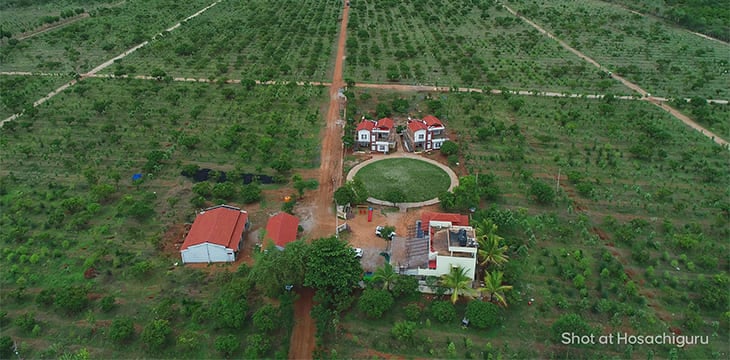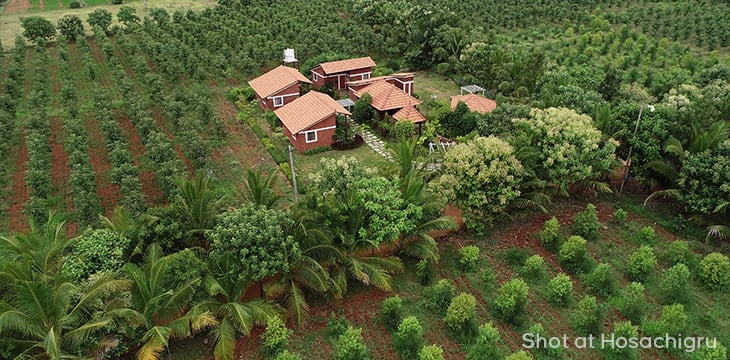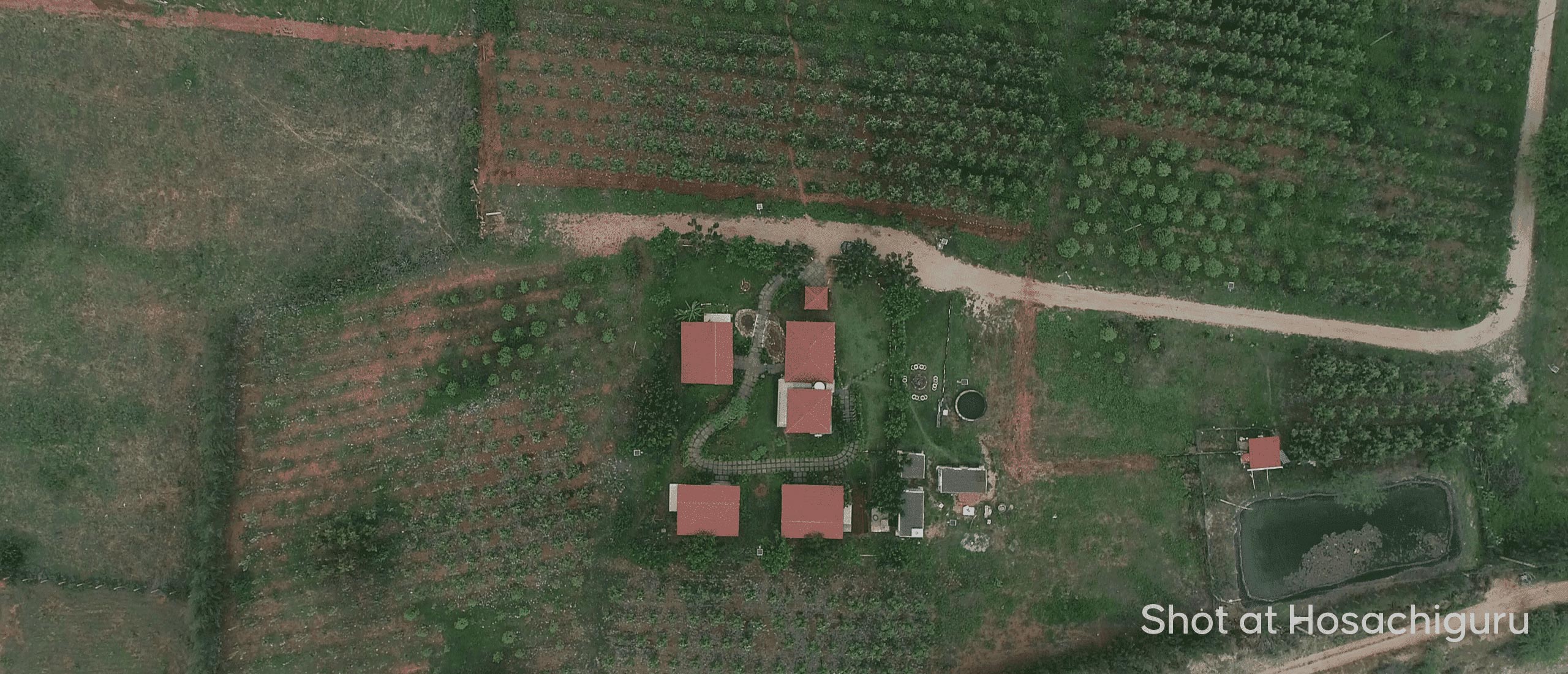June 17, 2023
Author – Srinivas Abhilash
Introduction
In a world where food is the fuel for our bodies, maintaining a strong and healthy physical vessel is crucial. Our bodies play a vital role in fulfilling our life’s purpose and achieving spiritual liberation. To do so, we must prioritize nourishing our bodies and minds with wholesome and nutritious foods while avoiding harmful substances that lead to various ailments.
The connection between mental and physical well-being is undeniable. The mind influences the body’s actions and state, and a healthy body significantly impacts the mind. The foods we consume shape our thoughts, understanding, and memory, as expressed in the Chandogya Upanishad. When our memory is strong, we can free ourselves from emotional entanglements.
According to the Bhagavad Gita -Chapter 17, Verse 7
āhāras tv api sarvasya tri-vidho bhavati priyaḥ
yajñas tapas tathā dānaṁ teṣhāṁ bhedam imaṁ śhṛiṇu
Translation
The food that people prefer is according to their dispositions. The same is true for the sacrifice, austerity, and charity they are inclined (or predisposed) toward. Now hear of the distinctions from Me.
Our food preferences are influenced by our individual natures and inclinations. This verse highlights how our choices in food reflect our dispositions and are intertwined with our preferences in other aspects of life, such as sacrifice, austerity, and charity. The mind and body impact each other. Thus, the food people eat influences their nature and vice versa.
Mind, body, and soul are interconnected aspects of our being, and sustainable gastronomy recognizes the importance of nurturing all three for overall well-being. Sustainable gastronomy goes beyond the mere act of consuming food; it considers the impact of our dietary choices on the environment, our physical health, and our emotional and spiritual well-being.
Sustainable Gastronomy: A Pathway to a Better Future
Gastronomy often refers to local food and cuisine, which focuses on the flavors and traditions of a particular region. However, in recent years, there has been a growing recognition that our food choices have broader implications beyond taste and culture.
Sustainability, on the other hand, is a concept that emphasizes minimizing harm to the environment and promoting long-term well-being. When we combine these two ideas, we arrive at the concept of sustainable gastronomy, which encompasses more than just a delicious meal.
Sustainable gastronomy represents a holistic approach to food, considering the origins of ingredients, the methods of production, and the journey of food from farm to plate. It goes beyond satisfying our taste buds; it also takes into account the impact our food choices have on the planet and our health. By embracing sustainable gastronomy, we ensure the nourishment of our bodies while safeguarding the health of our planet.
When we opt for locally sourced ingredients, we support local farmers and reduce the carbon footprint associated with transporting food over long distances. Additionally, sustainable gastronomy encourages us to choose organic and regeneratively grown produce, which promotes soil health and biodiversity.
Moreover, sustainable gastronomy promotes mindful consumption, encouraging us to reduce food waste and make responsible choices about portion sizes. It inspires us to embrace plant-based meals and reduce our reliance on resource-intensive animal agriculture. By doing so, we not only improve our own health but also contribute to mitigating climate change and preserving natural resources.
Sustainable Gastronomy: Mind
Sustainable gastronomy promotes mindful food choices, emphasizing awareness of sourcing, production, and the environmental impact of our diet. By being conscious eaters, we can make informed decisions aligned with our values for a healthier planet.
Sustainable Gastronomy: Body
Sustainable gastronomy promotes whole, nourishing foods, locally sourced and chemical-free. It supports our well-being with essential nutrients for thriving bodies.
Sustainable Gastronomy: Soul
Lastly, sustainable gastronomy acknowledges food’s impact on our emotional well-being. It creates connections, brings joy, and evokes memories. By savoring meals, embracing social and cultural aspects, and practicing mindful eating, we nourish our souls.
From the moment a seed is planted on fertile earth to the moment it graces our plates, the choices we make possess extraordinary power. These choices extend far beyond mere sustenance; they hold the key to our well-being and the health of the precious planet we call home. The path to sustainability is a profound journey that transcends ecological concerns alone. It encompasses the very essence of humanity, encompassing the need for prosperity and survival.
The connection between mind, body, and food highlights how our choices impact both personal well-being and the world. Barbara Kingsolver’s book, “Animal, Vegetable, Miracle: A Year of Food Life,” kindles a fire within us, urging us to embrace our shared responsibility. She beckons us to seek sustenance from local sources, nurture our gardens, and forge deep connections with the diligent hands that tend the earth.
Sustainable Gastronomy for Food Security and Environmental Conservation
- People Planet and Profit
-
- Promoting practices that focus on People, Planet, and Profit, encompass social, cultural, and artistic expressions while emphasizing the three dimensions of sustainable development.
- At Hosachiguru-managed farmlands, we follow permaculture ethics and principles intending to create autonomous and regenerative systems that promote food security, environmental health, and community resilience.
- Promoting practices that focus on People, Planet, and Profit, encompass social, cultural, and artistic expressions while emphasizing the three dimensions of sustainable development.
- Resource Efficiency
-
- One of the key principles of sustainable gastronomy, as outlined by the United Nations, is the improvement of resource efficiency. This involves reducing food waste and minimizing the strain on our valuable resources, thereby lowering greenhouse gas emissions.
- Efficient utilization of renewable resources such as sunlight, water, and wind is of paramount importance at Hosachiguru-managed farmlands. Through mandala and keyhole gardens, we capture maximum sunlight and efficiently use water as a resource to grow more in less space. We repurpose dry leaves, sticks, and other organic leftover matter through mulching and composting.
- One of the key principles of sustainable gastronomy, as outlined by the United Nations, is the improvement of resource efficiency. This involves reducing food waste and minimizing the strain on our valuable resources, thereby lowering greenhouse gas emissions.
- Local and Seasonal Produce
-
- By supporting local farmers and opting for locally sourced ingredients, we can significantly reduce the environmental impact associated with long-distance transportation. Furthermore, consuming seasonal produce not only offers fresher options but also contributes to a lower carbon footprint.
- At Hosachiguru, co-farmers have the privilege of enjoying the full advantage of growing and consuming local and seasonal fruits and vegetables. We are committed to using only open-pollinated indigenous seeds across all our farms. This choice not only supports the thriving of local flora and fauna but also minimizes the reliance on pesticides. By prioritizing these sustainable practices, we ensure that our co-farmers can savor the natural goodness of our products while promoting a healthier environment for all.
- Hosachiguru takes pride in having a workforce where over 70% are women. By providing employment opportunities for women laborers on our managed farmlands, we actively contribute to supporting local communities and their households. Our aim is to prevent the need for migration to cities in search of daily labor and job opportunities. Through this inclusive approach, we empower women, foster community resilience, and promote the sustainable development of rural areas.
- At Hosachiguru, all co-farmers are given a unique opportunity to subscribe to a weekly vegetable basket. These vegetables are grown on their own farm plots, as well as in common areas and other farms managed by Hosachiguru. By subscribing to this service, associated members gain exclusive access to locally grown vegetables and fruits that are cultivated using chemical-free methods. One of the key benefits of this system is that co-farmers can take pride in consuming seasonal produce, which not only provides them with fresher options but also helps reduce their carbon footprint.
- By supporting local farmers and opting for locally sourced ingredients, we can significantly reduce the environmental impact associated with long-distance transportation. Furthermore, consuming seasonal produce not only offers fresher options but also contributes to a lower carbon footprint.
Conclusion
At Hosachiguru, we embrace co-farming, farm-to-table practices, and a closer connection to our food sources. Today, we reaffirm our commitment to ethical farming and conscious cultivation for a sustainable future. The emotions we feel reconnecting with nature and supporting local producers remind us of the deep bond between our plates and the planet’s health.
Let these emotions drive lasting change. We’ll carry the spirit of World Sustainable Gastronomy Day into our everyday lives. By promoting transparency, traceability, and a closer bond with our food sources, we create a resilient and compassionate food system.
Our actions speak louder than our words. Let’s champion sustainable gastronomy, ensuring clean, nourishing food is a right for all. Together, we create a future where our plates nourish our bodies and our souls, for generations to come.
